Latest Blog Posts
Get up to date with our latest blog posts from MHC Aviation.
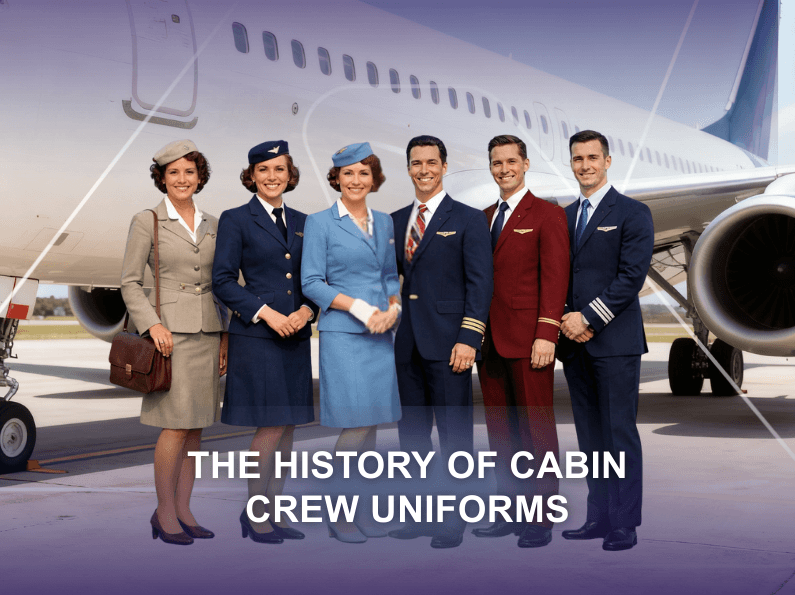

Why Psychometric Test For Hiring Matters
As workplaces adapt and evolve within the aviation industry, hiring decisions can no longer rely solely on CVs, interviews, or technical qualifications. Today’s organisations prioritise hiring on the basis of critical thinking, performance under pressure, the capability of collaboration and adaptability to change. This is where a Psychometric test for hiring plays a vital role. This is because it offers deeper insight into how individuals would perform in real-world environments.
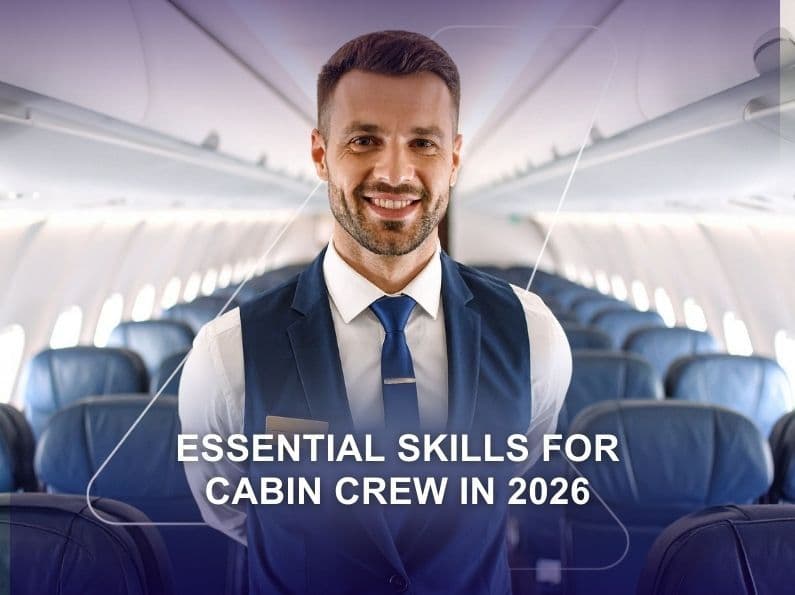
Essential Skills for Cabin Crew in 2026
What it means to be a cabin crew is an ever-evolving landscape. As the aviation industry enters 2026, airlines are no longer looking only for friendly faces and good customer service. They are seeking multi-skilled professionals who can operate under high-pressure environments, roll with the punches and deliver exceptional passenger experiences while maintaining the highest safety standards.
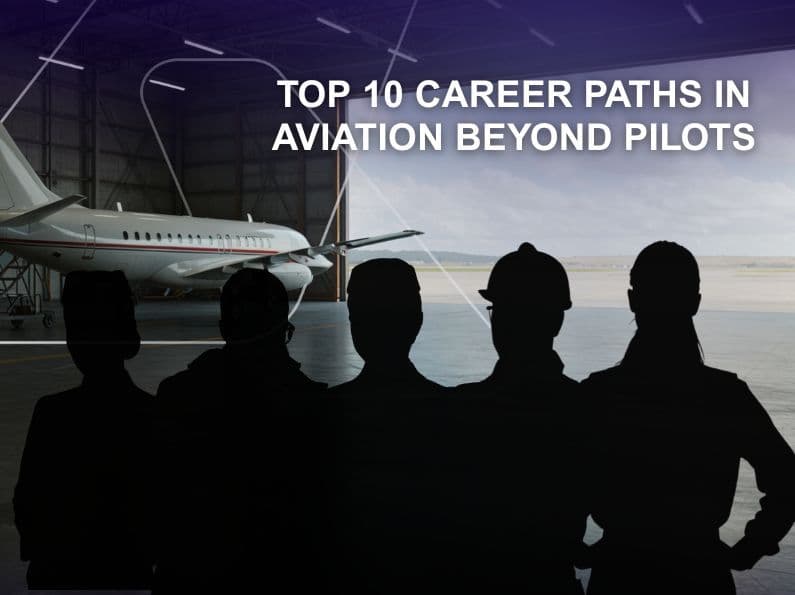
Top 10 Career Paths in Aviation Beyond Pilots (And How to Get Started)
With global air traffic continuing to grow and airlines facing ongoing workforce shortages, non-pilot aviation careers are more in demand than ever. For candidates looking to enter aviation or professionals seeking a career transition, these roles offer stability, international opportunities, and long-term growth.
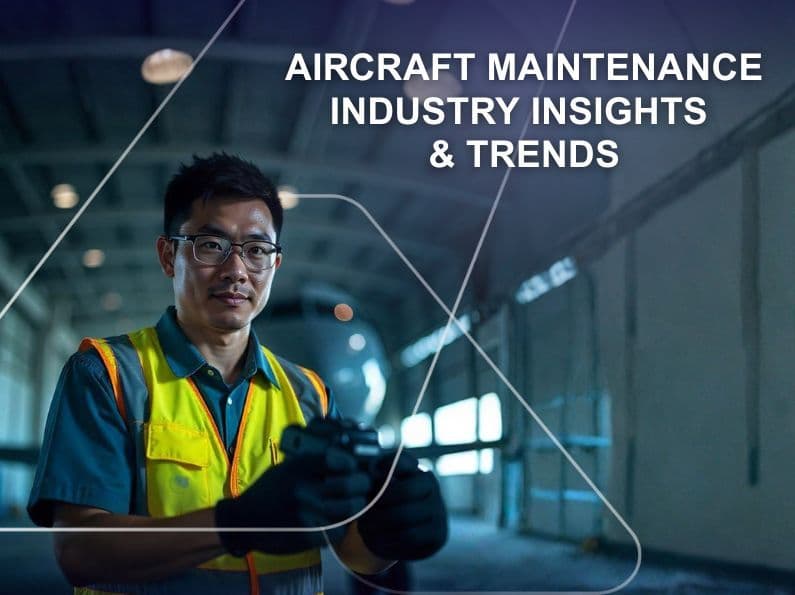
Aircraft Maintenance Industry Insights & Trends
The aircraft maintenance industry is entering a decisive period. While passenger demand and fleet expansion dominate headlines, the operational reality behind the scenes tells a more complex story. One that is defined by talent scarcity, accelerating technological change, and growing regulatory pressure.

Top 5 Aviation Trends Shaping 2026
The aviation industry is entering 2026 amid rapid transformations, from accelerating technology to sustained hiring pressures. After reviewing global forecasts and market signals, here are the top five trends every recruiter, operator, and aviation professional should watch this year.
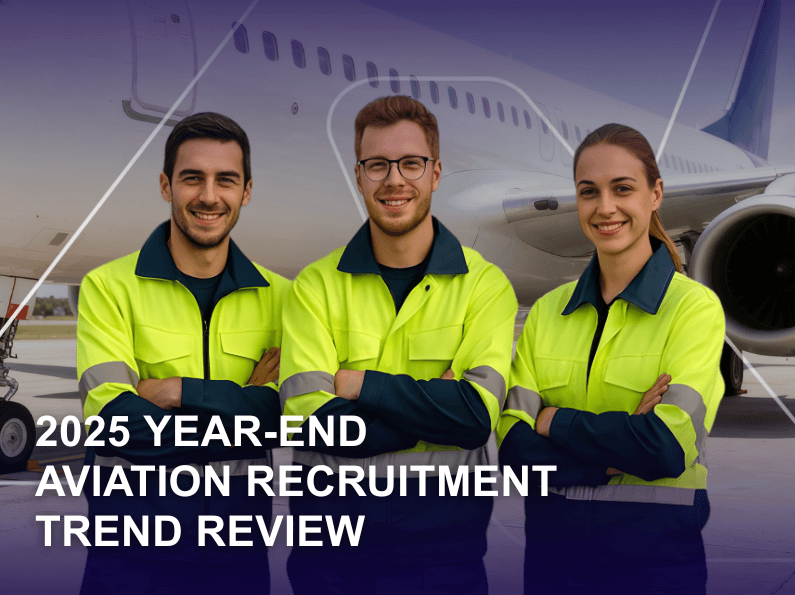
2025 Year-End Aviation Recruitment Trend Review
2025 hasn’t just been another year in aviation recruitment, it’s been a pivot point. A year defined by record passenger demand, intensified skills shortages, rapid fleet growth, new-market expansion and a reshaping of what both airlines and candidates expect from the industry.
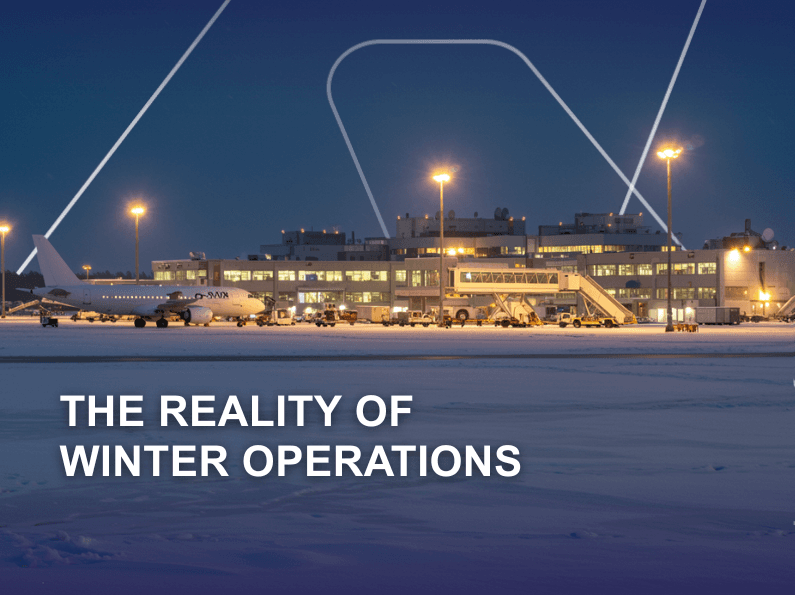
The Reality of Winter Operations
Winter has always been a defining period for aviation. As temperatures drop and the first snow settles on airport aprons, airline operations shift into a mode that demands heightened coordination, resilience, and precision. For crews, operations teams, and support staff worldwide, December marks the beginning of a season where the smallest disruption can ripple through an entire network. The reality is that winter flying is unlike any other time of year, and understanding those pressures is key to maintaining operational integrity.

5 Surprising Cabin Crew Facts You Probably Never Knew
Behind every flight is a highly trained safety professional, not just a service role. From managing medical emergencies to making split-second safety decisions, cabin crew undergo some of the most comprehensive training in the aviation industry. At MHC Aviation, we work closely with crew, airlines, and operations teams every day. One thing is clear: while passengers often see cabin crew as the friendly face of the airline, their responsibility extends far beyond service.
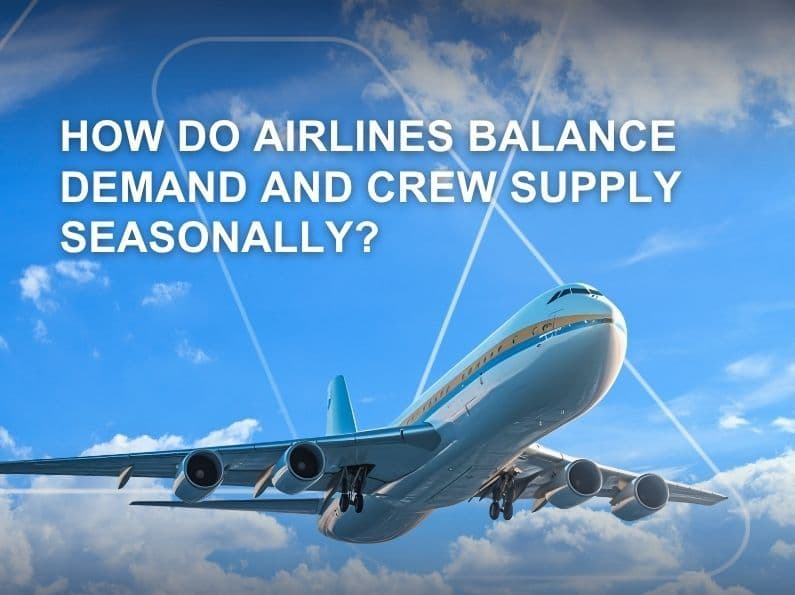
How do Airlines Balance Demand and Crew Supply Seasonally?
After years of unpredictable schedules and cautious growth, seasonal operations are back in full force. As passenger demand surges in key summer and winter travel windows, airlines across Europe and beyond are once again relying on flexible staffing models, ACMI partnerships, and rapid mobilisation to meet the market.
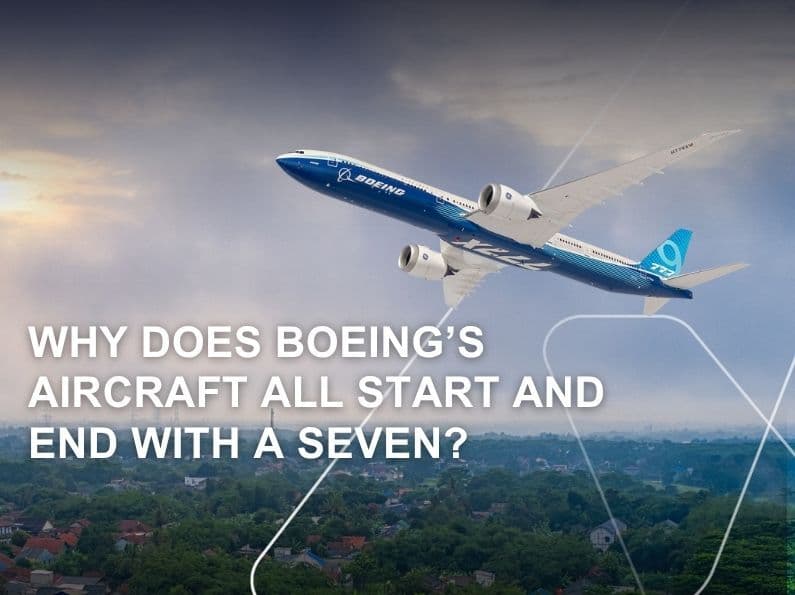
Why Does Boeing’s Aircraft All Start and End with a Seven
Boeing’s aircraft names may seem like random numbers: 737, 747, 777 etc., but there’s actually a clever system and a fascinating bit of history behind it. Let’s break down the logic, the marketing genius, and why it still matters today.
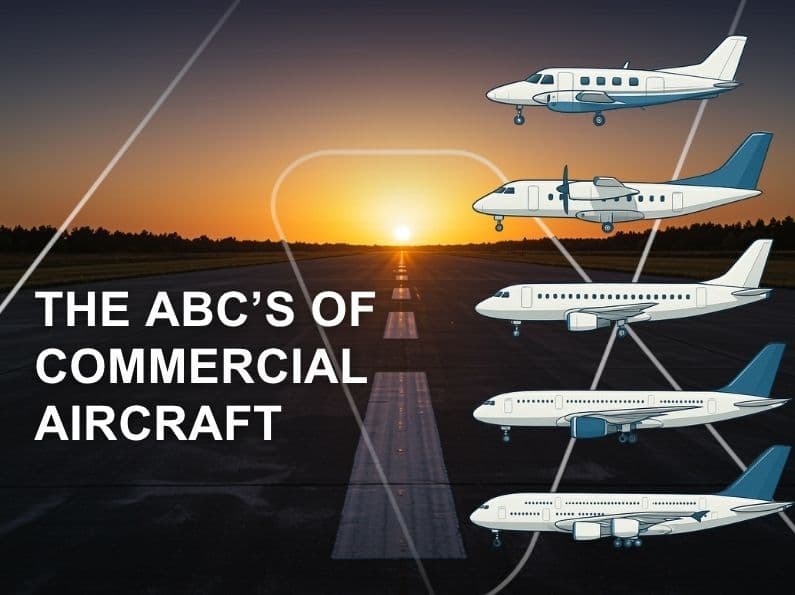
The ABC’s of Commercial Aircraft
Most of us fly all the time, locally within our country, internationally across borders, or even cross-continentally. But have you ever stopped to think about how different those aircraft actually are? The plane you board for a short one-hour domestic flight is not the same as the one taking you halfway around the world. The comfort, design, luggage allowance and even the onboard amenities vary depending on the distance, purpose, and capacity of the aircraft.
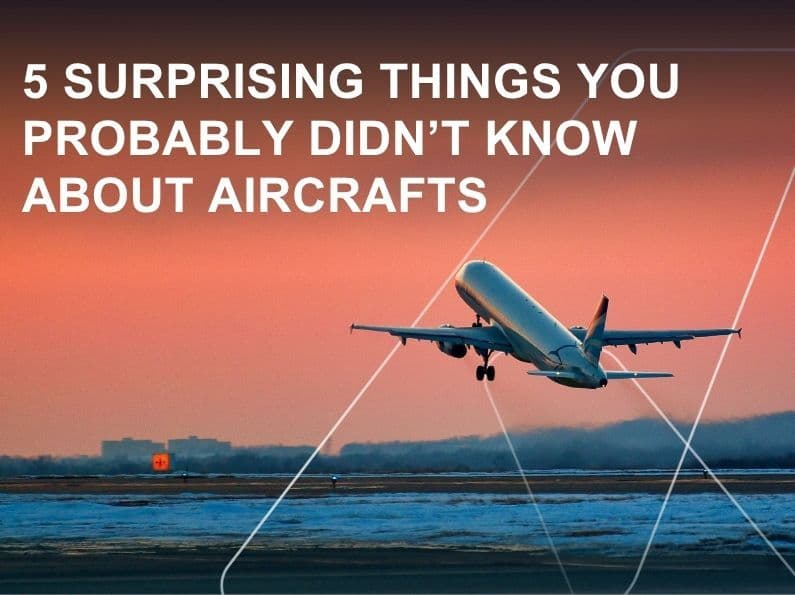
5 Surprising Things You Probably Didn’t Know About Aircrafts
Air travel is something we are all somewhat familiar with. You check in, squeeze into your seat, maybe snooze a little, and then, you’re somewhere else. But the machines that carry us have some genuinely surprising secrets. Below are five facts about aircraft that most passengers don’t know. The last one is genuinely wild.

5 Surprising Things You Probably Didn’t Know About Airline Pilots
When you think “airline pilot,” it’s easy to imagine polished uniforms, confident strides through terminals, and flawless teamwork. But behind the scenes, there are some fascinating truths that few people ever see. Here are five lesser-known facts about airline pilots that even aviation enthusiasts may find surprising:
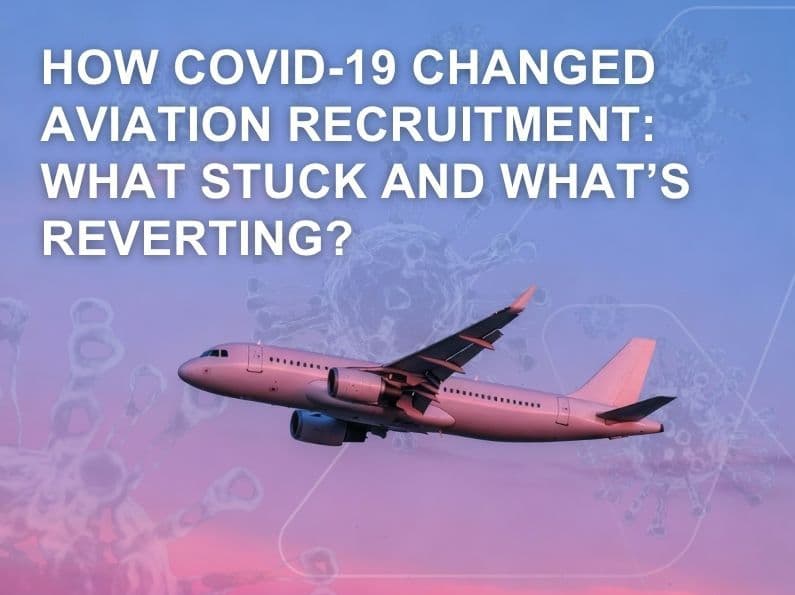
How COVID-19 Changed Aviation Recruitment: What Stuck and What’s Reverting?
Few industries were reshaped as profoundly by the COVID-19 pandemic as aviation. Practically overnight, airlines grounded fleets, paused hiring, and faced one of the biggest workforce disruptions in modern history. Five years on, as air travel surpasses pre-pandemic levels, the recruitment landscape looks very different from what it once was
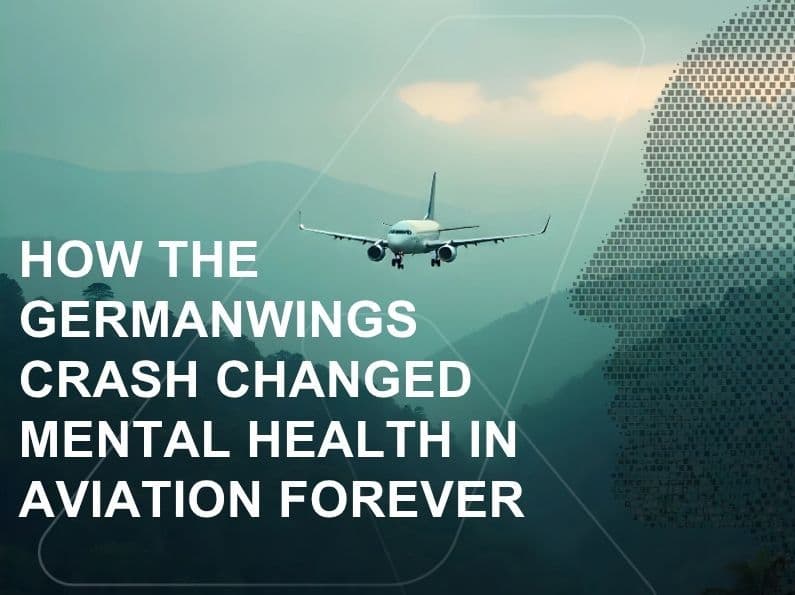
How the Germanwings Crash Changed Mental Health in Aviation Forever
The tragic crash of Germanwings Flight 9525 in 2015 was a wake-up call for the entire industry. It showed us that pilot screening couldn’t stop at technical skills, but psychological resilience and mental health awareness had to be part of the equation.
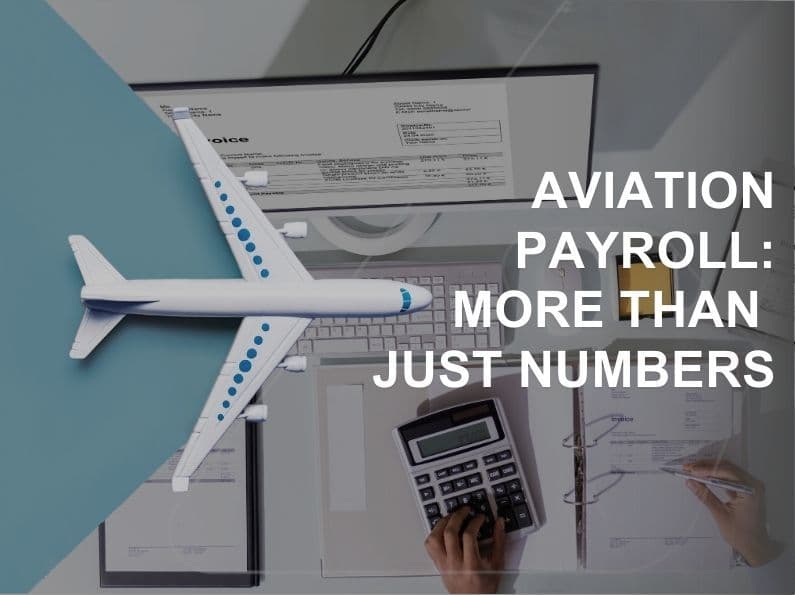
Aviation Payroll: More Than Just Numbers
Payroll is often thought of as a back-office function; a set of numbers quietly processed behind the scenes. In most industries, that might be the case. But in aviation, payroll is far more complex, requiring precision, adaptability, and a deep understanding of crew operations.

Personal Branding at 35,000 Feet: How Aviation Professionals Can Stand Out in a Competitive Market
The aviation industry has always been competitive, but today, with global talent shortages on one hand and increasing competition for top roles on the other, standing out as an aviation professional requires more than just technical skill. It requires personal branding.
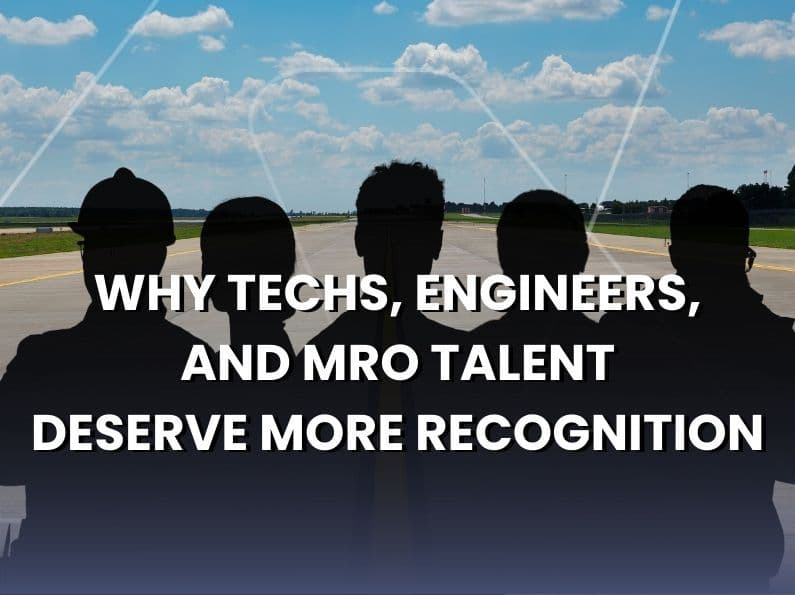
The Hidden Workforce Behind Every Flight: Why Techs, Engineers, and MRO Talent Deserve More Recognition
In the aviation world, pilots and cabin crew often take the spotlight. Their work is visible, glamorous, and widely celebrated. But behind every safe flight and smooth passenger experience is a highly skilled, highly dedicated team of technicians, engineers, and maintenance, repair, and overhaul (MRO) specialists.

How AI is Transforming Aviation Recruitment: From CV Scanning to Smarter Talent Matching
Recruitment in aviation has always been complex. Airlines and service providers manage a high volume of applications across diverse roles such as pilots, cabin crew, engineers, and ground staff, while balancing strict regulatory requirements, safety standards, and operational needs. Now, with artificial intelligence (AI) entering the hiring process, the way we attract, filter, and retain aviation talent is rapidly evolving.

Bridging the Aviation Talent Gap: Recruitment Strategies That Work
The global aviation industry is in the middle of one of its largest hiring waves in decades. Airlines, MROs, and charter operators are competing fiercely for pilots, cabin crew, engineers, and ground staff. According to industry insights, demand is rising faster than training pipelines can keep up, especially in technical and flight operations roles.
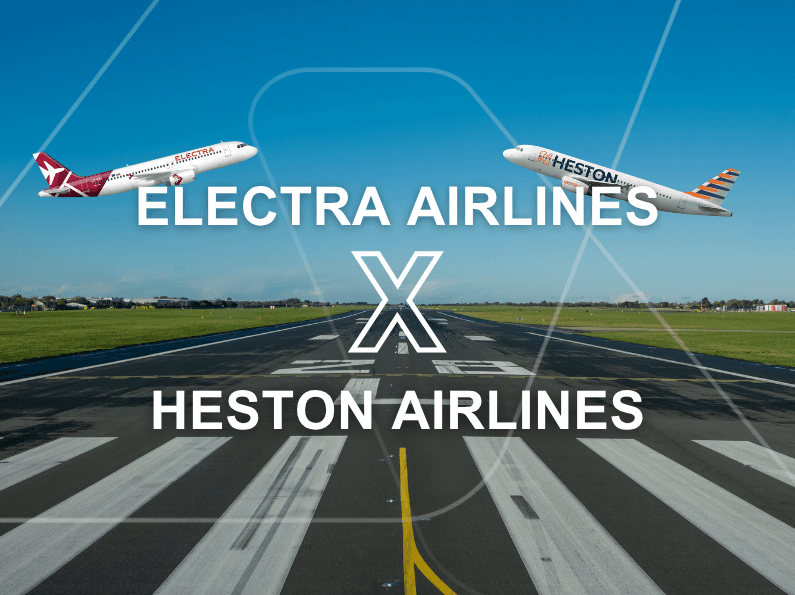
Heston Airlines & Electra Airways: A Summer of Seamless ACMI Cooperation
This summer, Heston Airlines and Electra Airways joined forces for the first time, delivering smooth, short-term ACMI operations from Bulgaria to Germany. From trust and teamwork to professional delivery, their partnership is a standout moment in 2025’s aviation calendar.
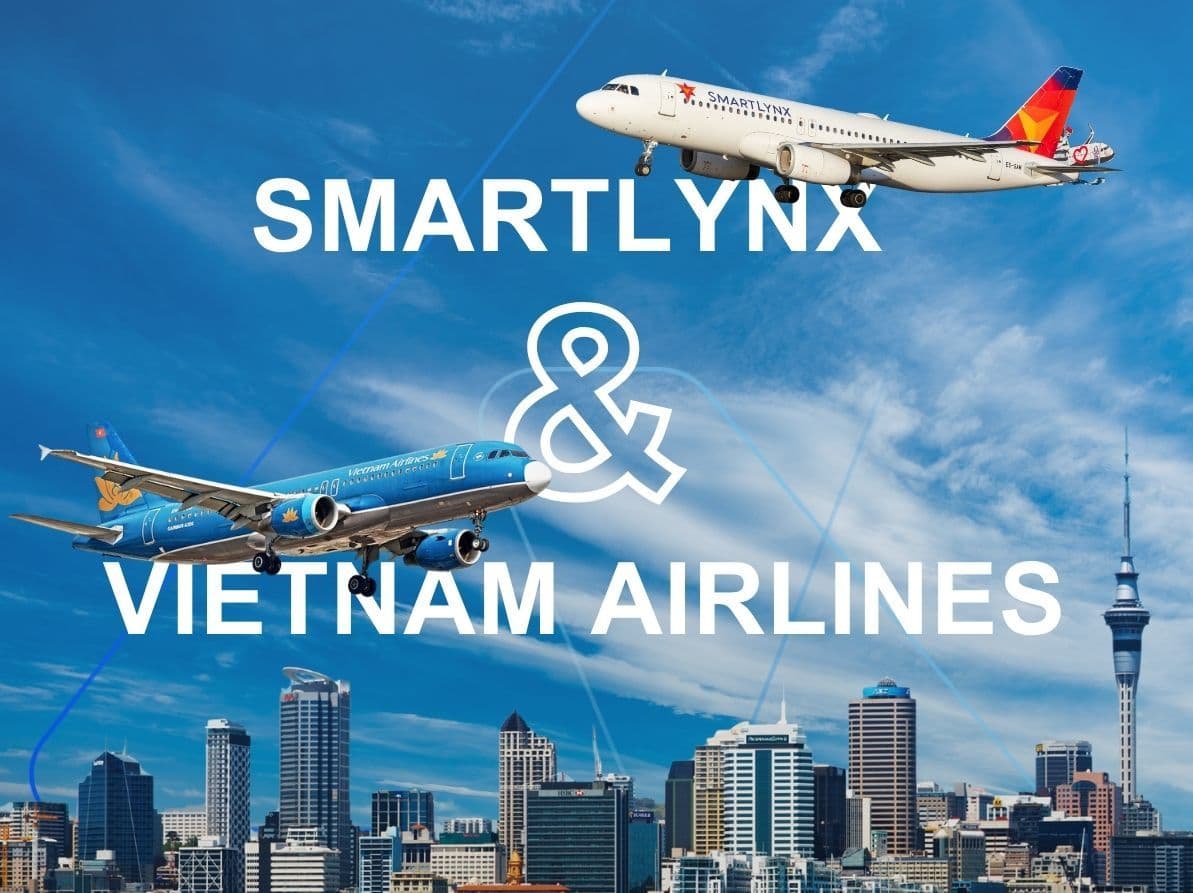

Summer 2025 Travel Boom: How Airlines Are Coping with Record Demand
The aviation industry is experiencing a historic surge in passenger numbers this summer. After years of post-pandemic recovery, 2025 marks the first full summer where global demand has not only returned to pre-2020 levels but exceeded them.
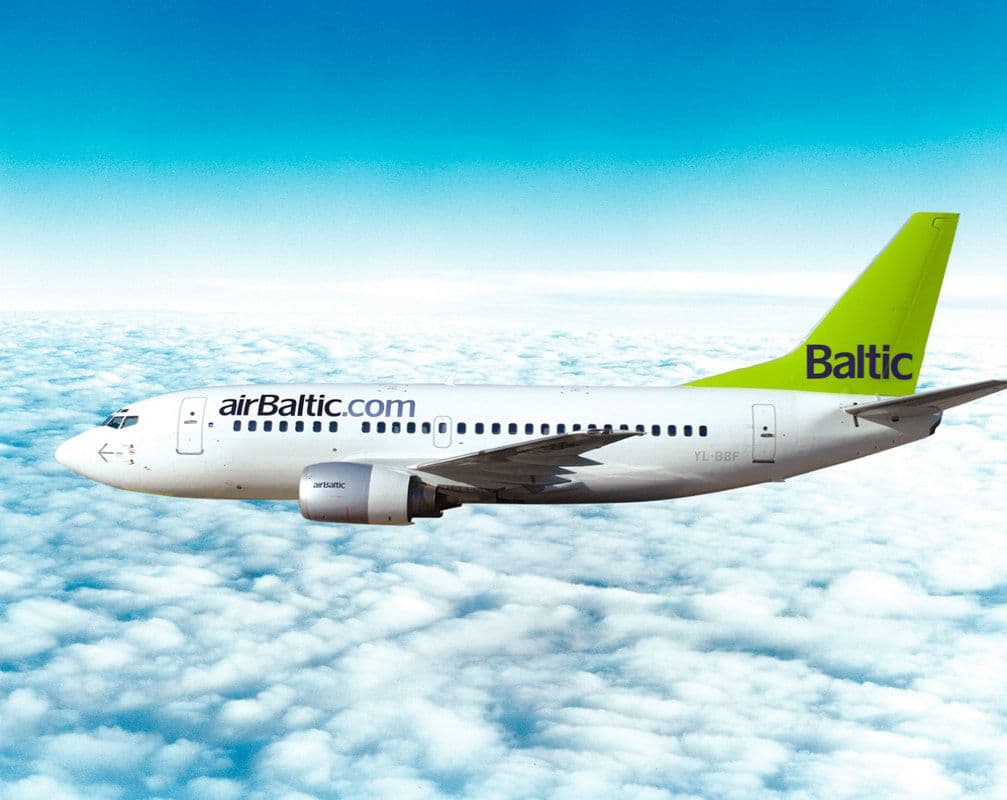
Latvia Invites Estonia & Lithuania to Join airBaltic Ownership: A Strategic Shift in Baltic Aviation
Latvia is offering Estonia and Lithuania the chance to co-own airBaltic—on the same terms as Lufthansa’s €14M investment. Strategic move to strengthen regional air travel and connectivity. ✈️

Aviation Recruitment Trends in 2025: What Candidates and Employers Should Expect
As the aviation industry continues to rebound and evolve, recruitment in 2025 is reflecting new realities. From tech-driven hiring to rising expectations from both candidates and employers, here’s what to expect in the year ahead.

Inside the Hangar with A Day in the Life of Aircraft Maintenance Technicians
While pilots take the spotlight, it's the maintenance technicians who ensure every aircraft is safe, secure, and ready to fly. These professionals work in high-pressure environments where precision is everything.
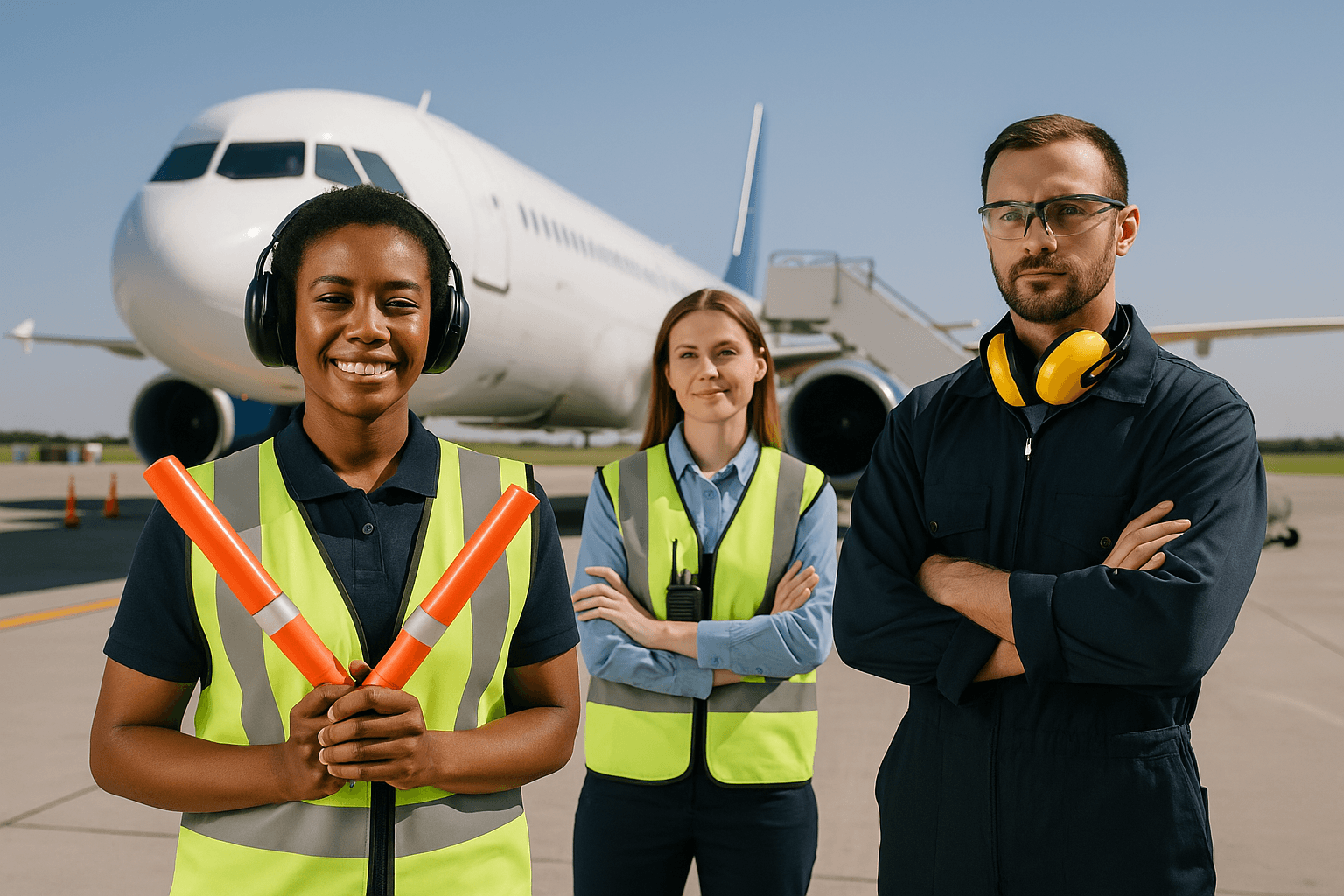
Aviation Jobs That Let You Work and Travel: Beyond Cabin Crew
Most people associate travel in aviation with cabin crew, but there are many other roles that let you see the world while getting paid. If you love new cultures, airports, and adventure — without necessarily becoming a flight attendant — this article is for you.
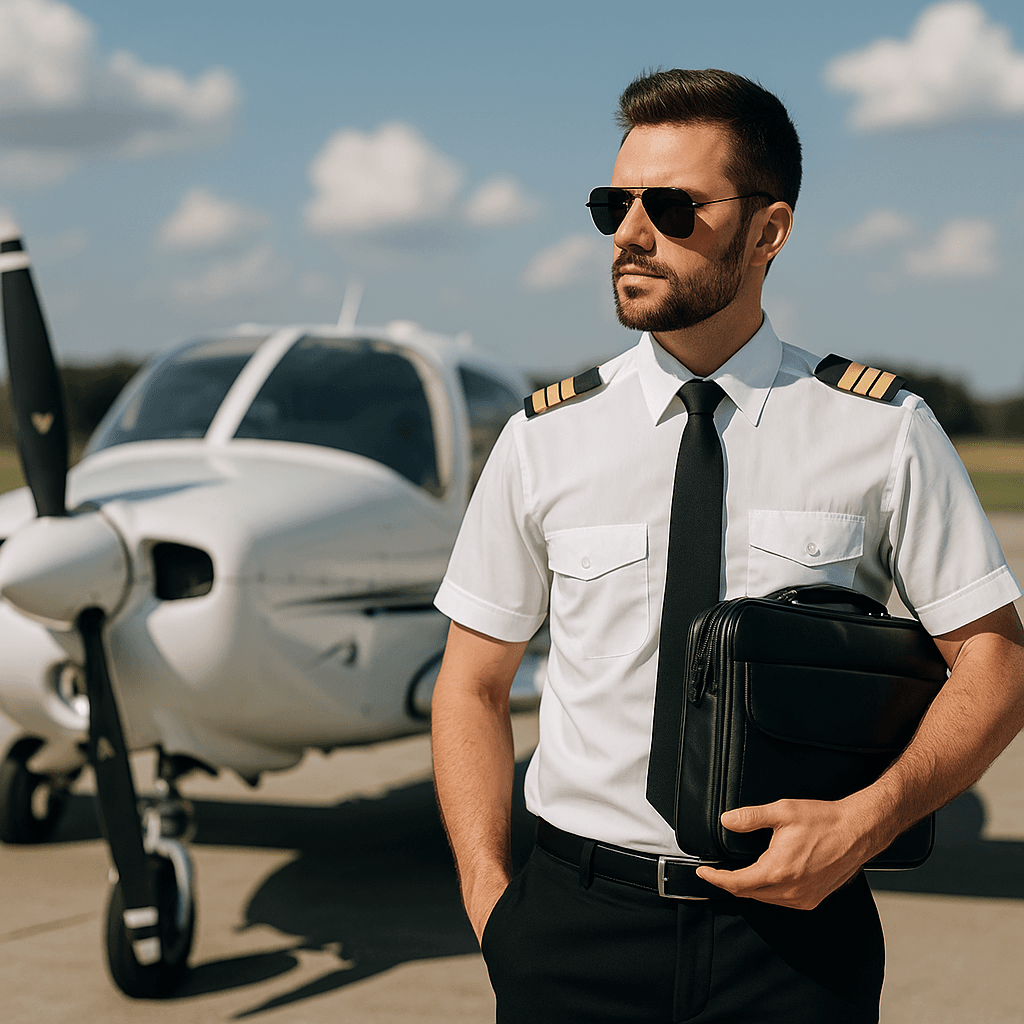
The Real Cost of Becoming a Pilot: Training, Time & Financial Planning
Becoming a pilot is a dream career for many, but few understand the full financial and time commitment it requires. From initial flight lessons to airline-ready certification, aspiring aviators must navigate not only the skies but also a complex path of training costs, licensing, and strategic planning.
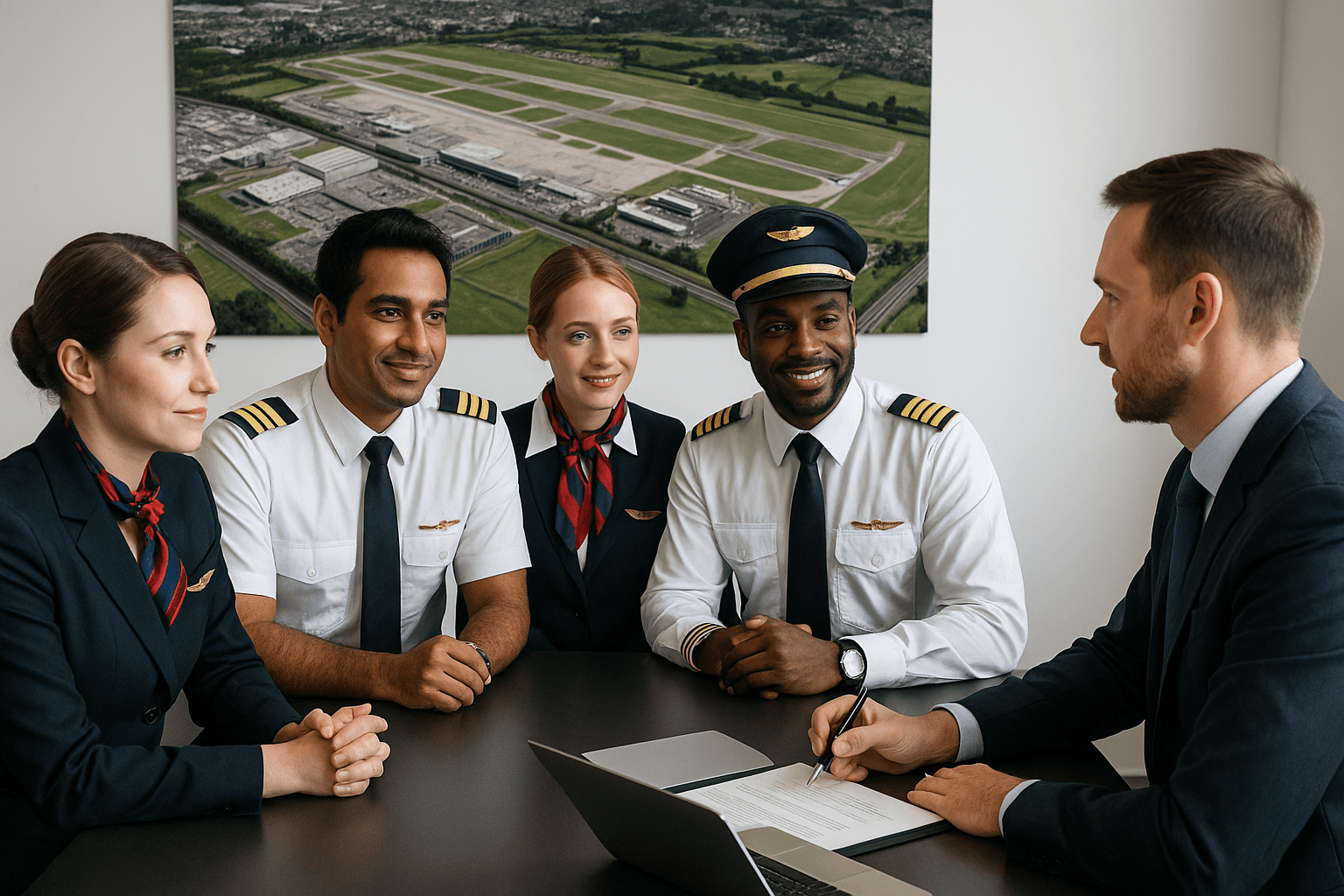
Working in Multicultural Aviation Teams: Communication, Culture & Collaboration
The aviation industry brings people together — literally and figuratively. Pilots, cabin crew, technicians, and operations staff often work in highly diverse, multicultural environments. This diversity is a strength, but it also presents unique communication and collaboration challenges.

How Recruiters Assess Aviation Candidates: What You Don’t See Behind the Scenes
In aviation, competition is fierce — and often, candidates don’t realize how much happens behind the scenes in recruitment. Understanding how recruiters assess profiles can help you stand out and avoid common mistakes. Here’s a look into the decision-making process from a recruiter’s perspective.
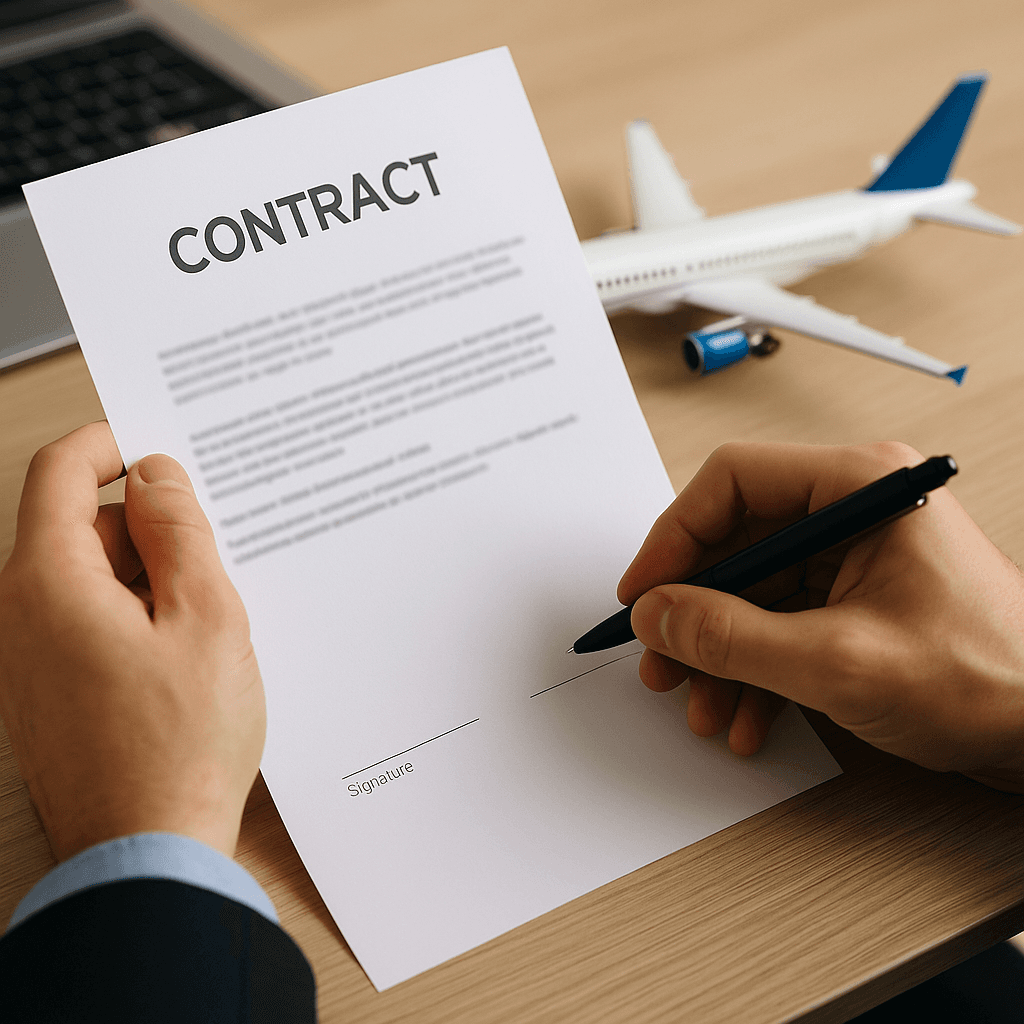
Contract vs. Full-Time Aviation Work: Which Path is Right for You
As the aviation industry evolves, professionals are faced with more choices than ever when it comes to employment formats. Two of the most common options are full-time positions and contract-based work. Each comes with its own set of advantages and trade-offs — and understanding which path suits you best can shape your work-life balance, financial stability, and long-term career satisfaction.
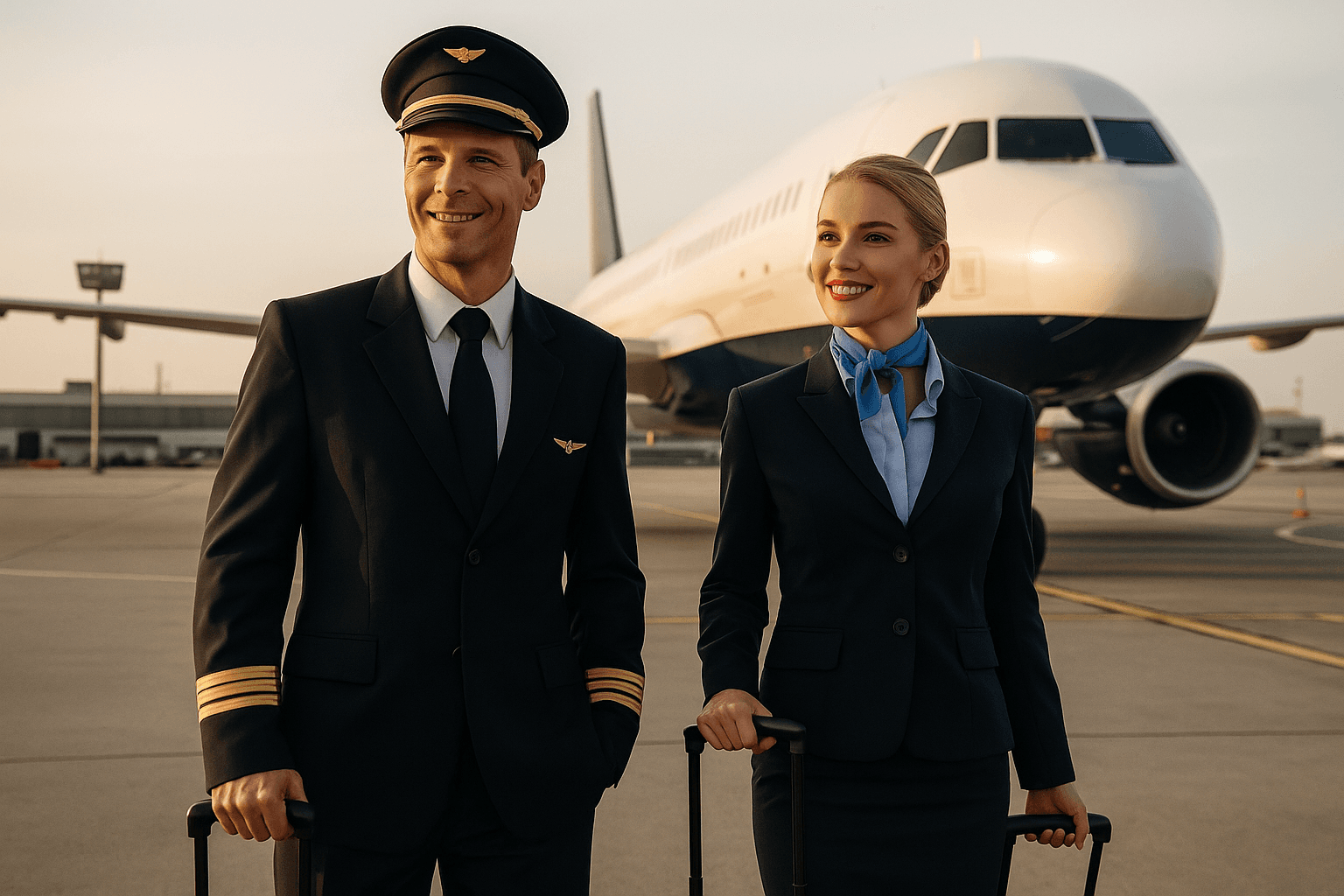
How to Build a Long-Term Career in Aviation: Growth Paths and Progression
Aviation is not just a job — for many, it’s a lifelong passion. But turning that passion into a sustainable, fulfilling career requires more than technical skills. Whether you’re a cabin crew member, a pilot, or a maintenance engineer, long-term success in aviation comes from strategic planning, skill development, and knowing when and how to grow.
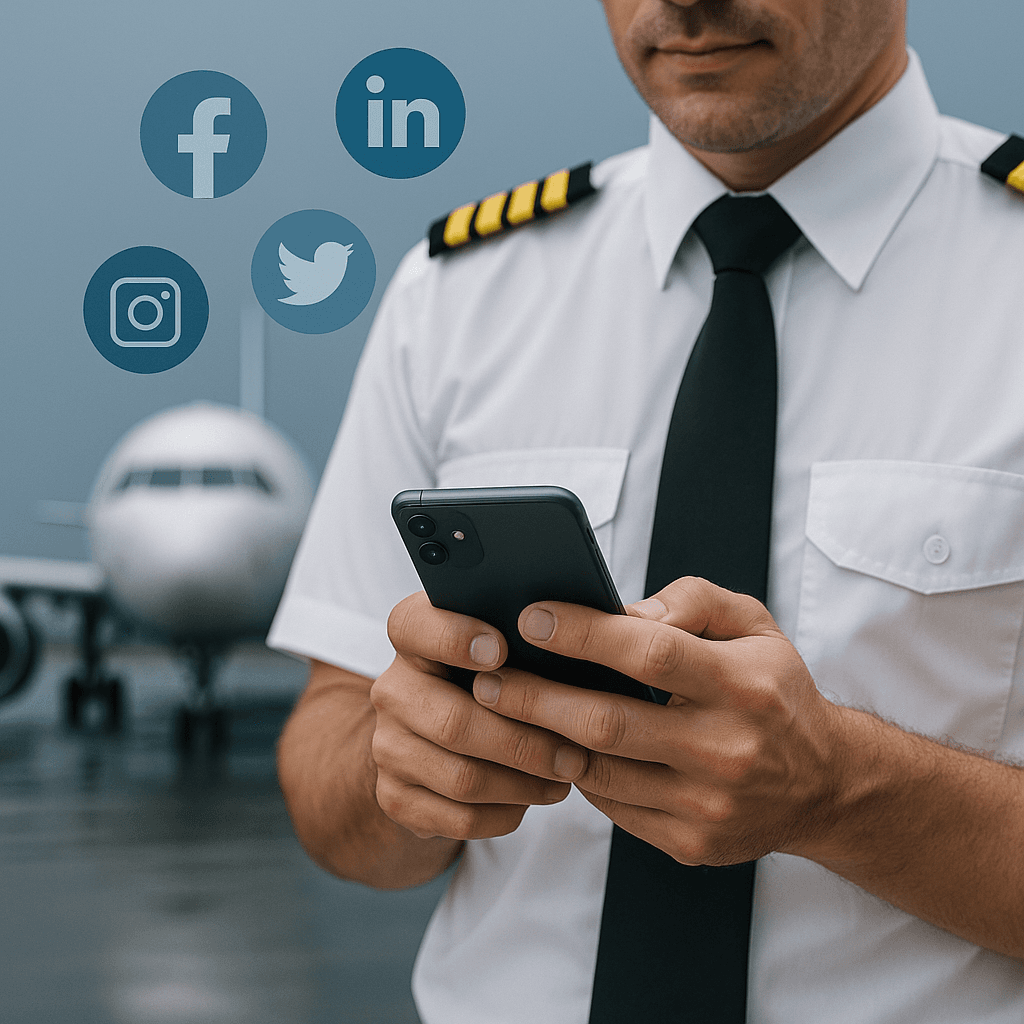
Social Media and Your Aviation Career as a Help or Hindrance
In today’s digital world, your social media presence can shape your career for better or worse. Aviation is no exception. From pilots to cabin crew to recruiters, professionals in the industry are increasingly using platforms like LinkedIn, Instagram, and TikTok to build (or harm) their reputations.

The Growing Demand for Aviation Maintenance Professionals
As global air travel rebounds and airline fleets expand, the demand for skilled aviation maintenance professionals is soaring. From line maintenance engineers to B1/B2 licensed technicians, the industry is facing a growing need for talent.

Relocating for an Aviation Job: What You Need to Know
Aviation is a global industry, and many professionals find themselves relocating for work. While international roles can be exciting and lucrative, moving to another country brings unique challenges. Whether you're a cabin crew member, technician, or pilot, here's what to consider before packing your bags.
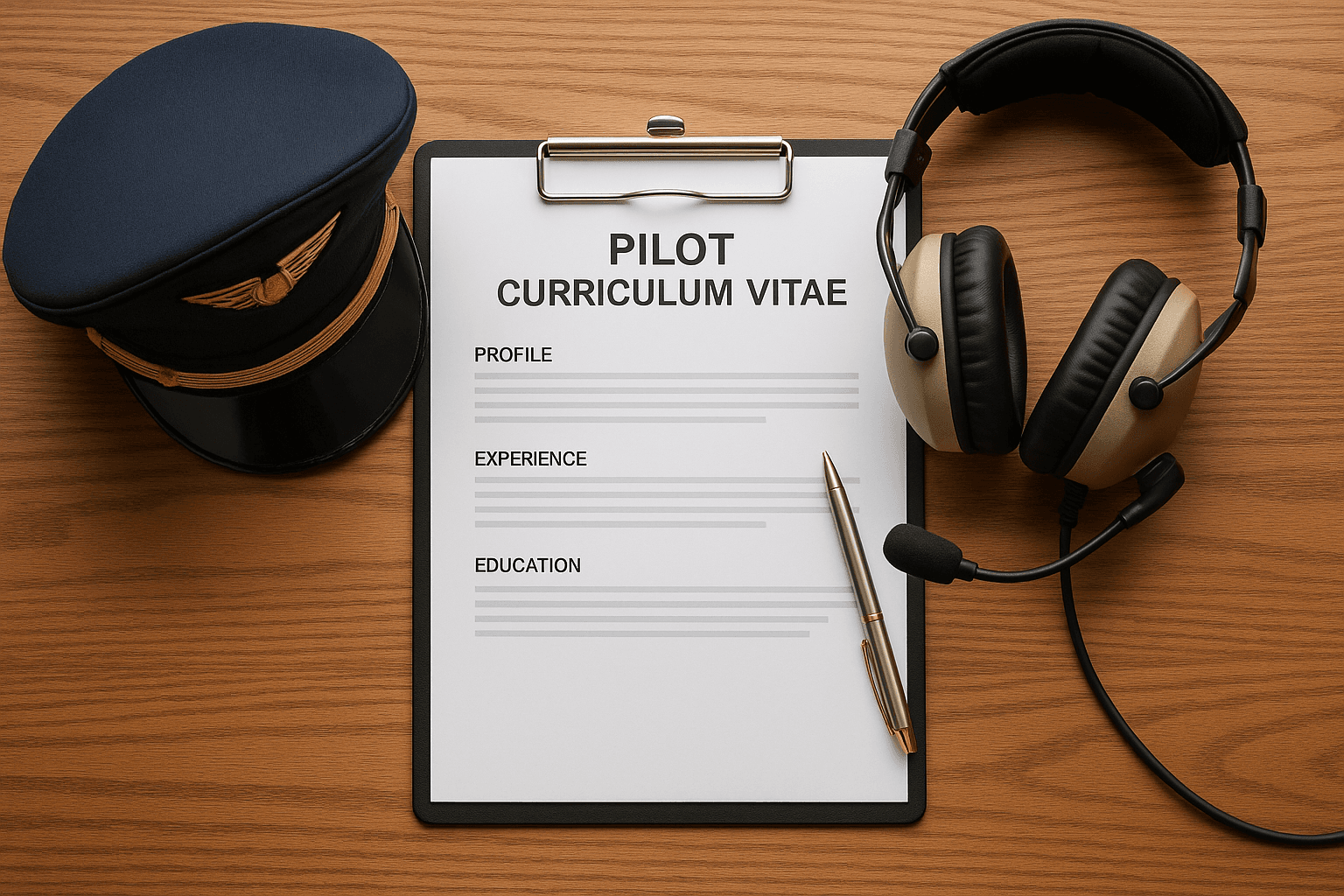
What Airlines Really Look For in Pilot CVs
In a competitive and highly regulated field like aviation, your CV is more than just a piece of paper—it's your boarding pass to a new opportunity. Airlines receive hundreds of applications for each pilot vacancy, and your CV must stand out for all the right reasons. So, what do recruiters and airline HR departments really look for in a pilot's CV?
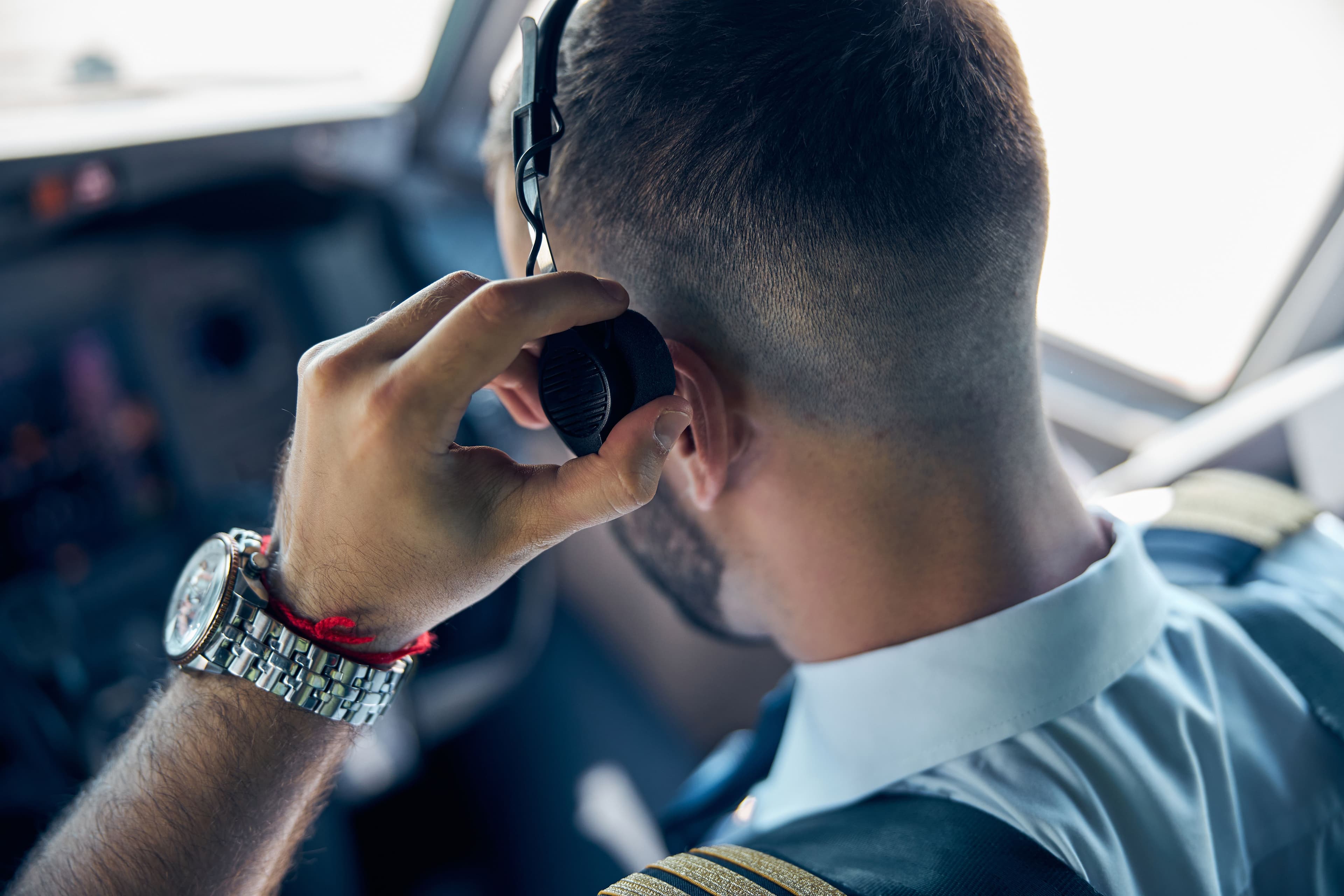
Mental Health and Wellbeing in the Aviation Industry
Working in aviation can be exhilarating, but it also comes with unique stressors. Irregular schedules, long hours, frequent travel, and high responsibility can take a toll on mental health. In recent years, the industry has started to acknowledge the importance of psychological wellbeing for pilots, crew, and ground staff alike.
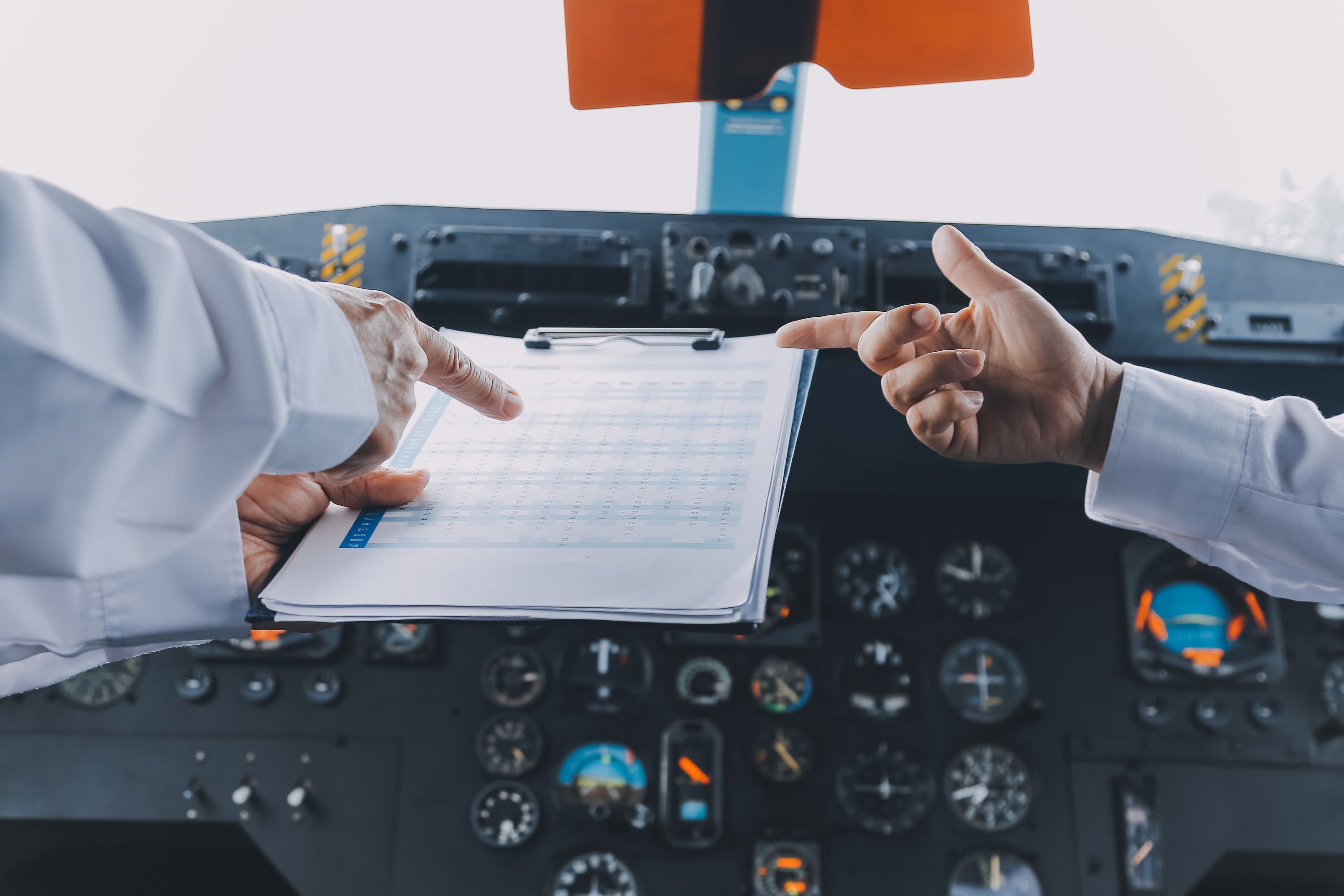
The Role of Language Skills in Global Aviation Careers
In today’s interconnected world, aviation is one of the most international industries. Professionals routinely interact with colleagues, passengers, and authorities from around the globe. That’s why strong language skills—especially in English—are essential for success.

Understanding Contract Types in Aviation Jobs
Whether you're a pilot, engineer, or cabin crew member, the type of contract you sign can have a significant impact on your income, benefits, and long-term plans. Aviation professionals often find themselves navigating different contract models depending on the country, employer, or type of assignment.

How to Transition into Aviation from Another Industry
The aviation industry has always attracted professionals from a variety of backgrounds, not just pilots and engineers. As the demand for skilled personnel grows across all sectors of aviation, career changers are finding more opportunities to enter the field. Whether you have a background in hospitality, logistics, customer service, or management, your skills may be more transferable than you think.
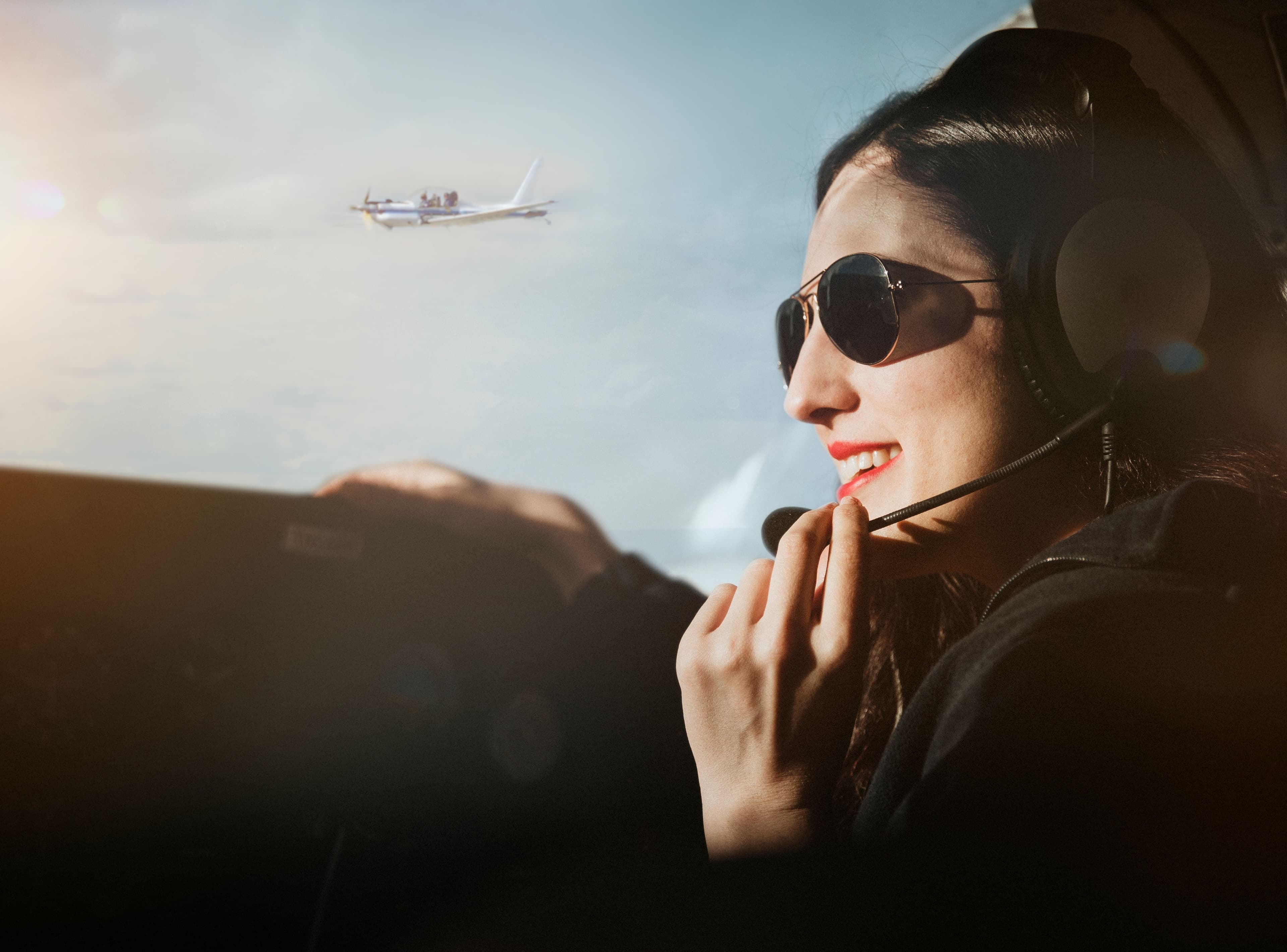
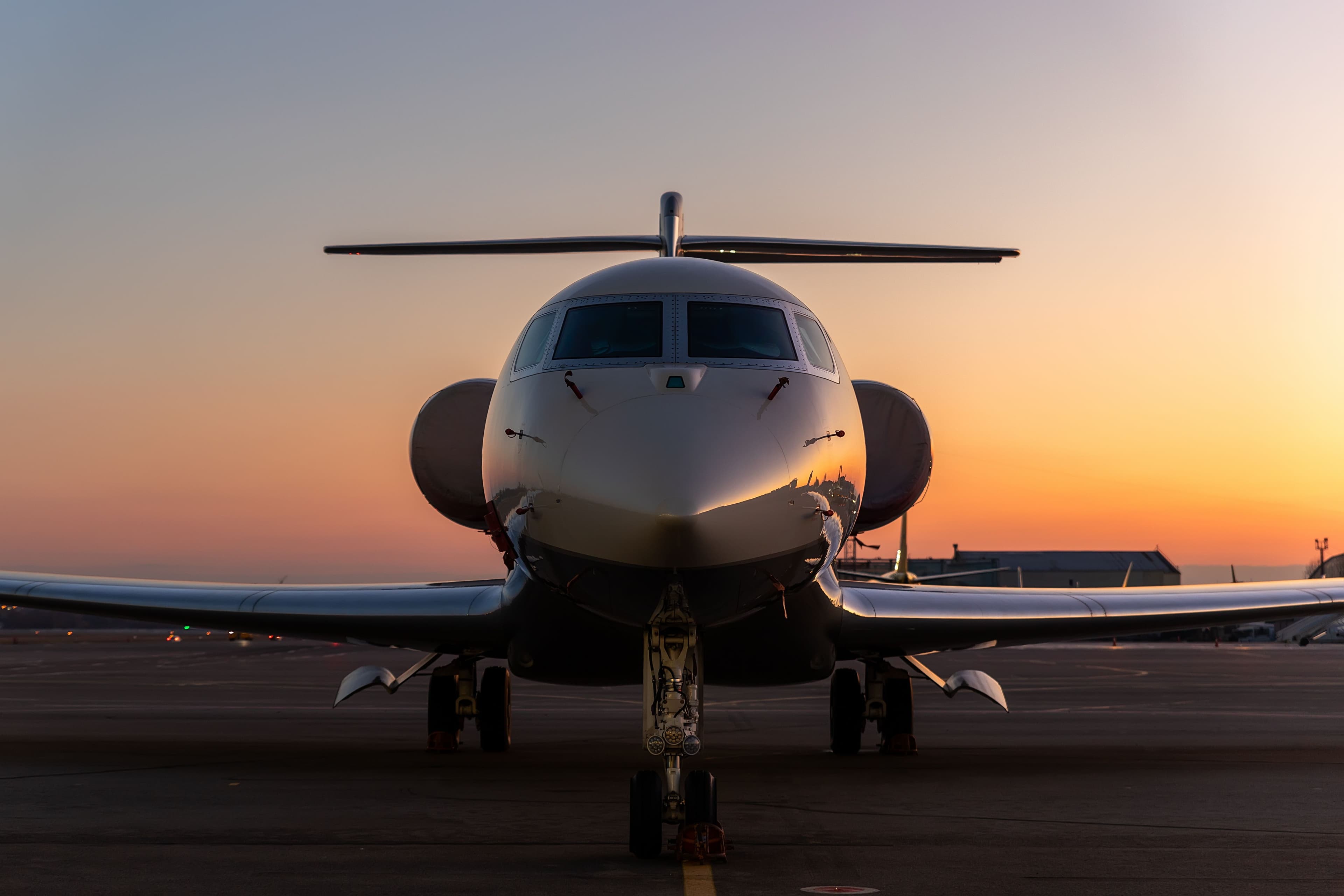
Navigating a Career in Private Aviation: Opportunities and Challenges
While commercial airlines dominate the aviation sector, private aviation offers unique and lucrative career opportunities. Whether as a pilot, flight attendant, or operations specialist, working in private aviation requires a different skill set and approach. Here’s what aspiring professionals need to know about this exclusive sector.
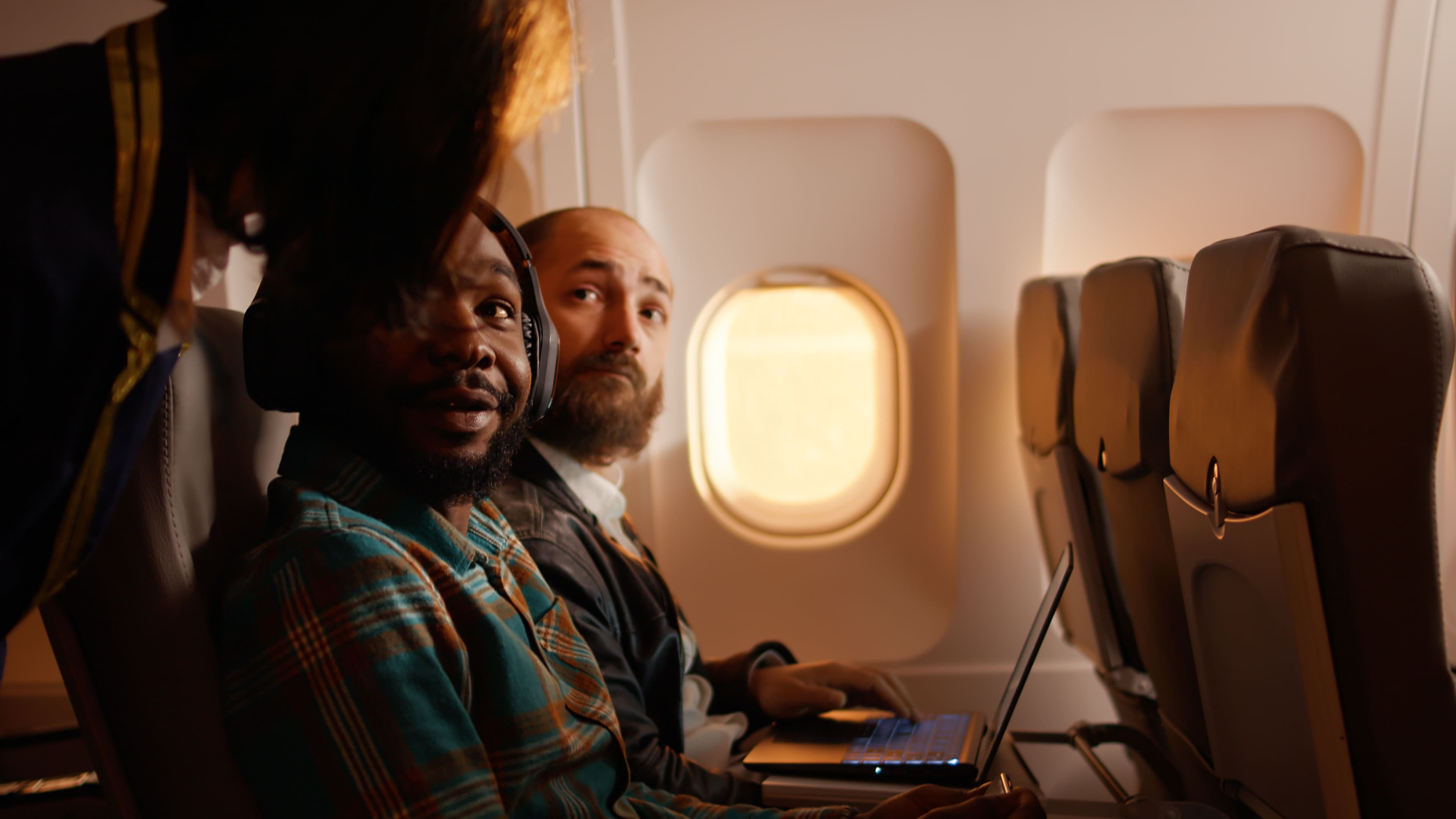

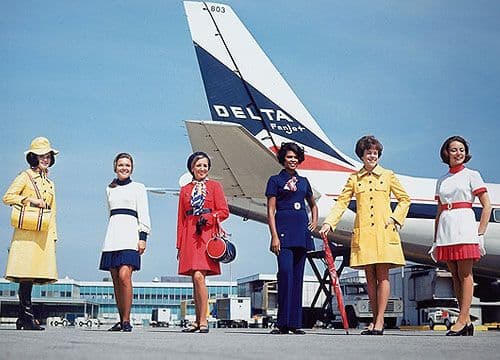
The Evolution of Cabin Crew Uniforms: Style, Function, and Branding
Cabin crew uniforms have evolved significantly over the years, transitioning from strictly functional attire to iconic fashion statements that reflect airline branding and passenger expectations. While early uniforms were designed primarily for practicality, modern versions balance style, comfort, and professionalism.
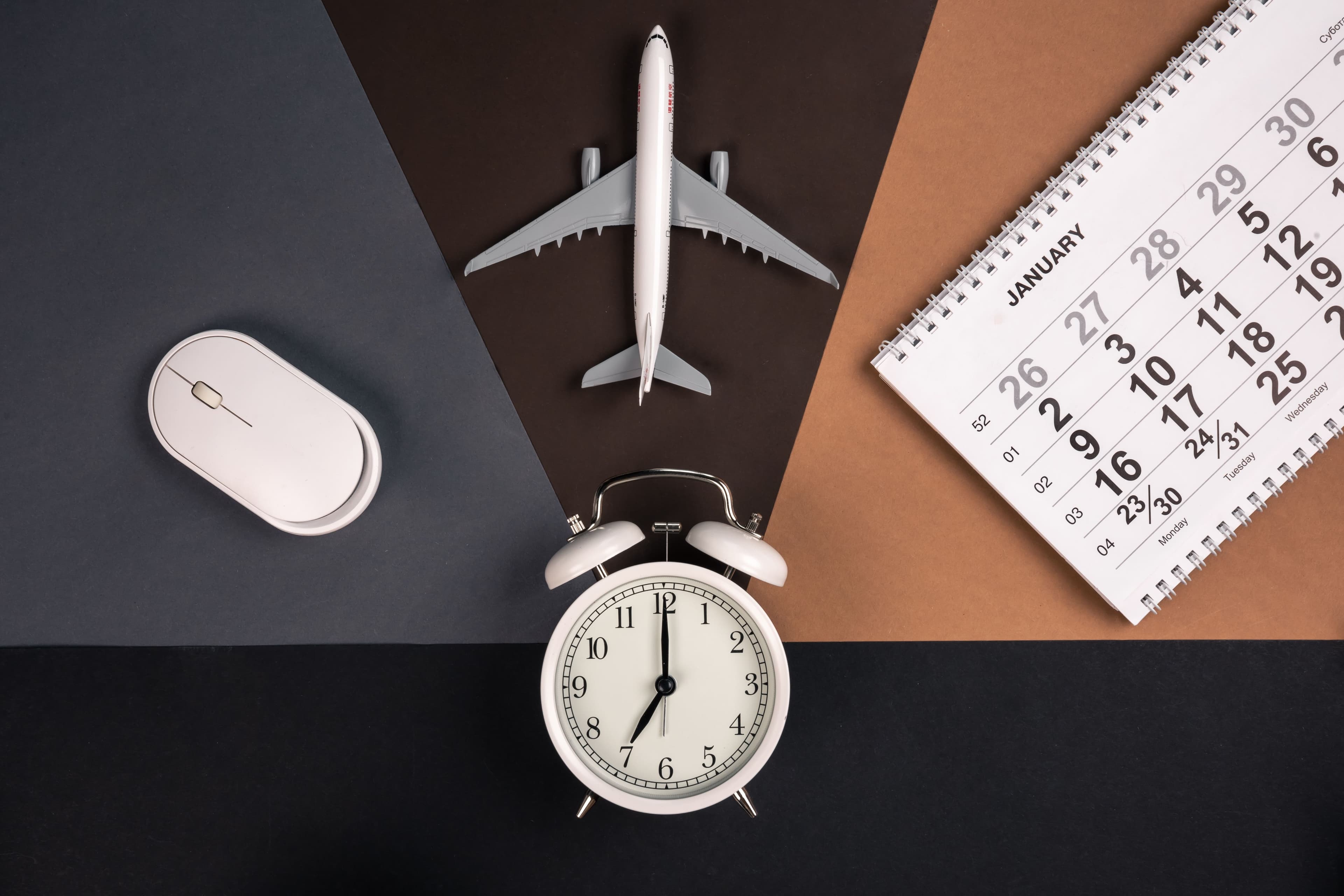
How to Stand Out in a Competitive Aviation Job Market
The aviation industry offers a variety of career opportunities, but competition can be fierce. Whether you're an aspiring pilot, cabin crew member, or aviation engineer, standing out among thousands of candidates requires strategic effort. Here’s how you can differentiate yourself and land your dream job in aviation.

The Psychology of Flight: What It Takes to Be a Successful Aviation Professional
Aviation is one of the most demanding industries, requiring professionals to possess not only technical expertise but also strong psychological resilience. Pilots, cabin crew, and air traffic controllers all operate under high-pressure environments where decision-making and emotional intelligence are crucial. Understanding the psychology behind these roles can help aspiring aviation professionals succeed in this challenging field.

The Impact of AI and Automation on Aviation Jobs
The aviation industry is undergoing a technological revolution, with artificial intelligence (AI) and automation playing an increasingly prominent role. From pilot assistance systems to automated air traffic control, these innovations are reshaping the job market. But what does this mean for aviation professionals? Will AI replace human workers, or will it create new opportunities?
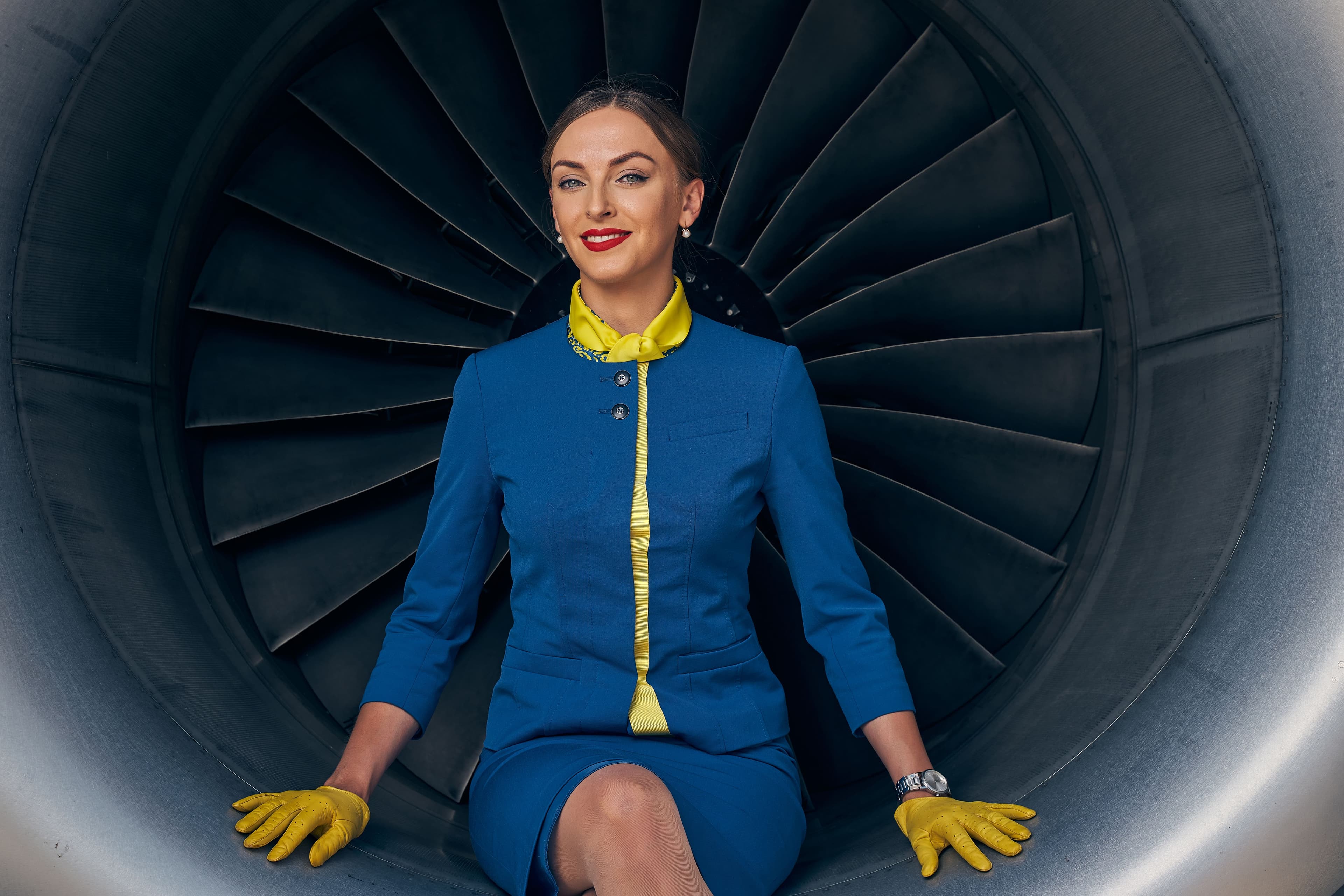
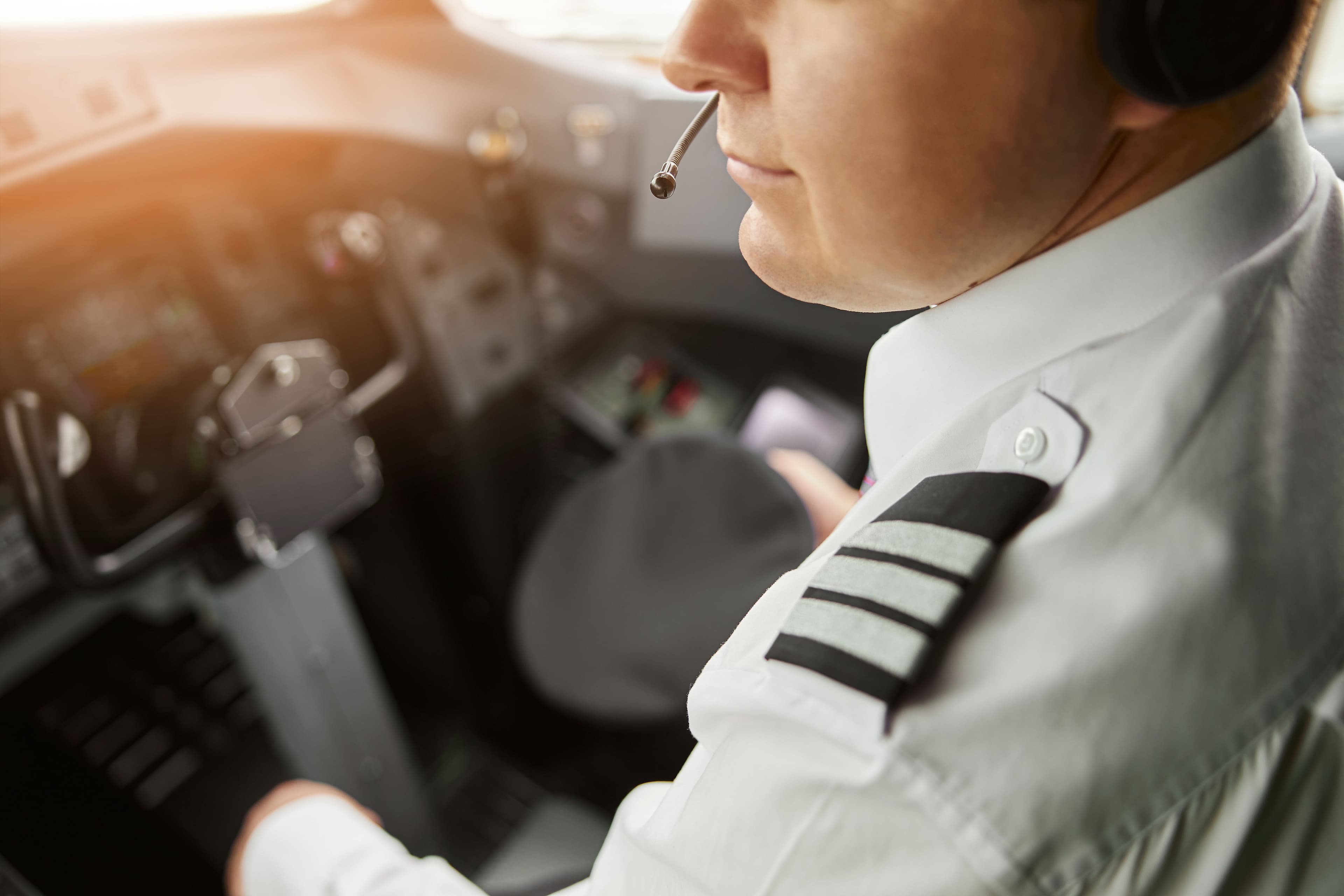
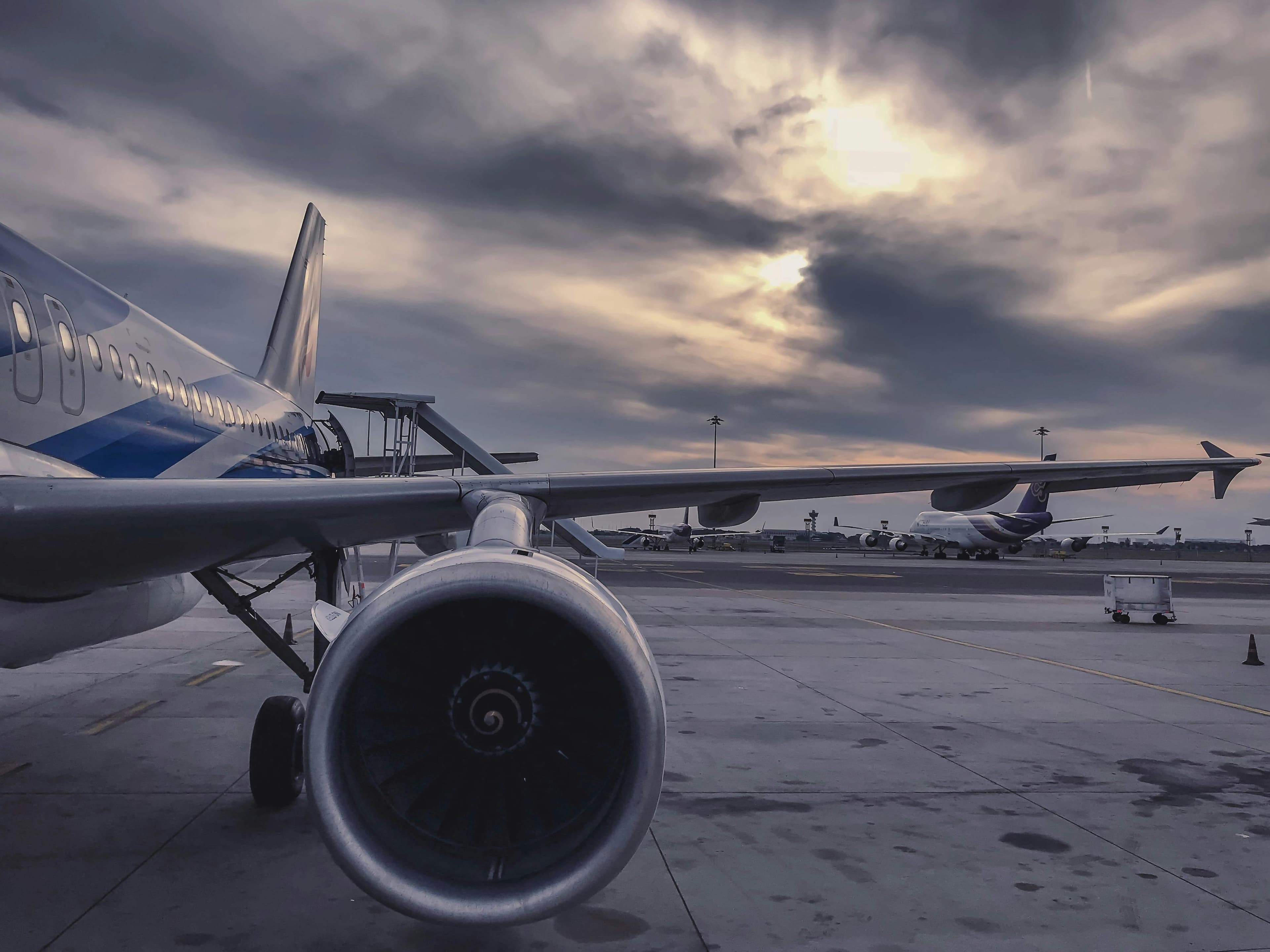
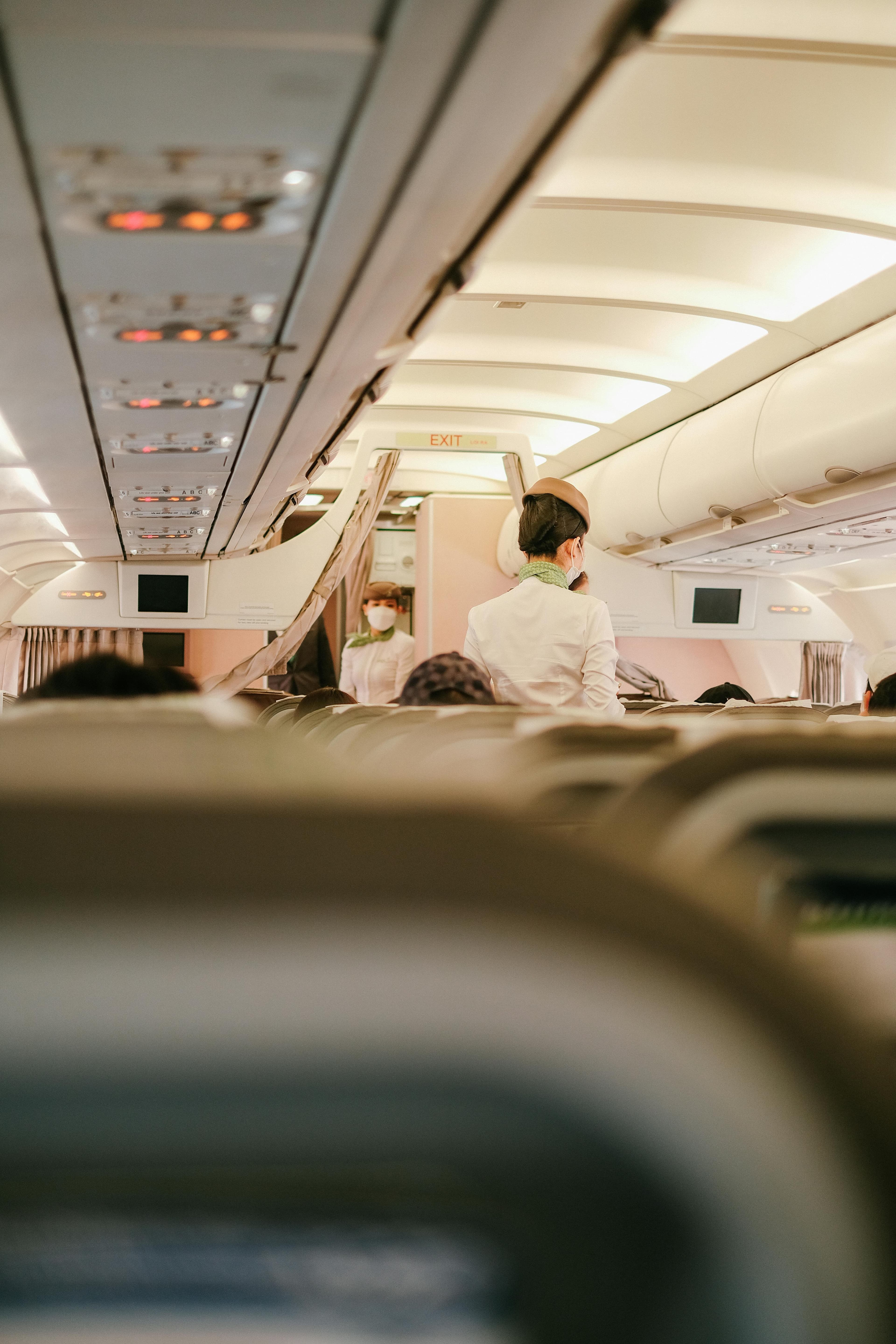
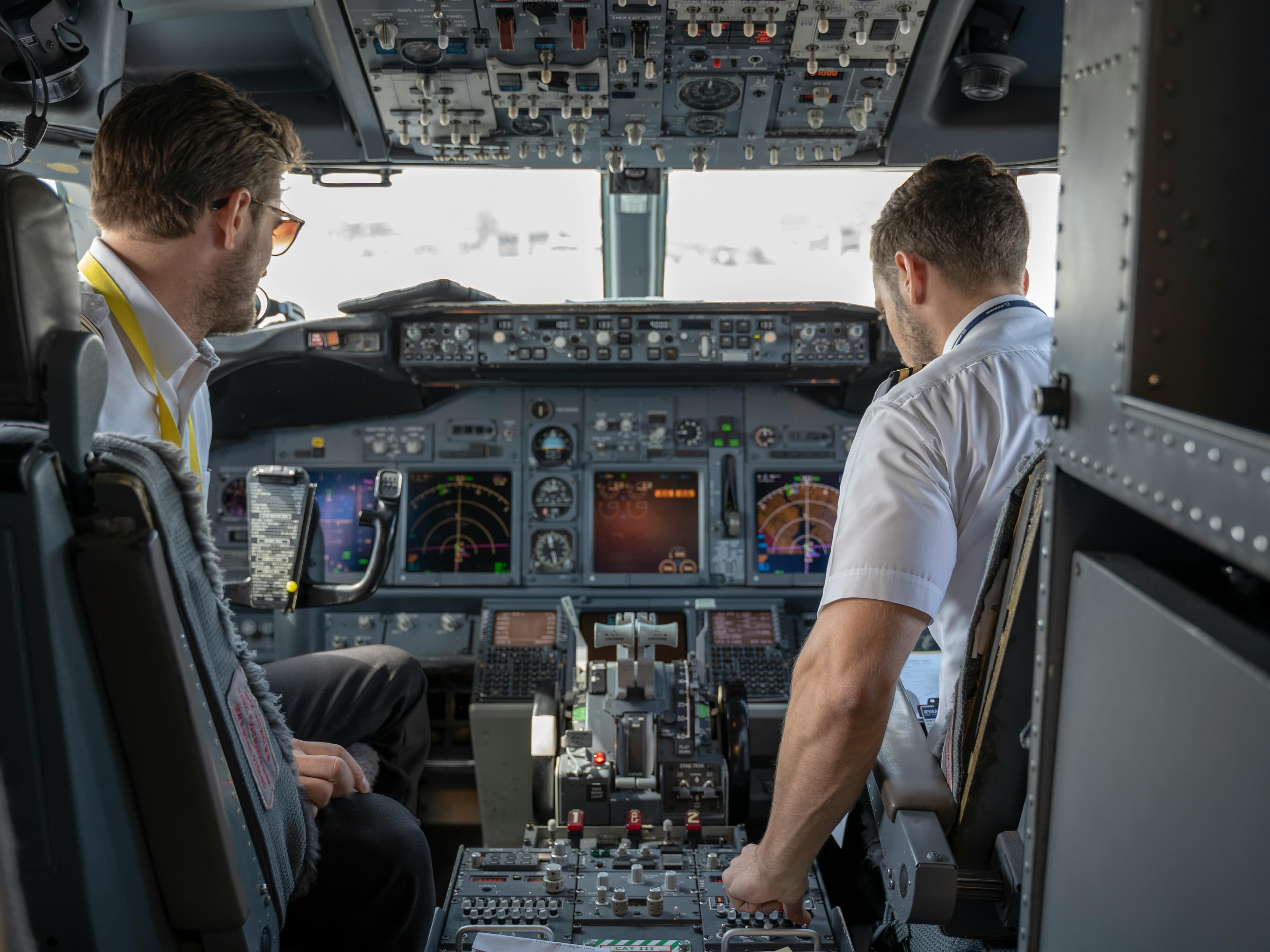
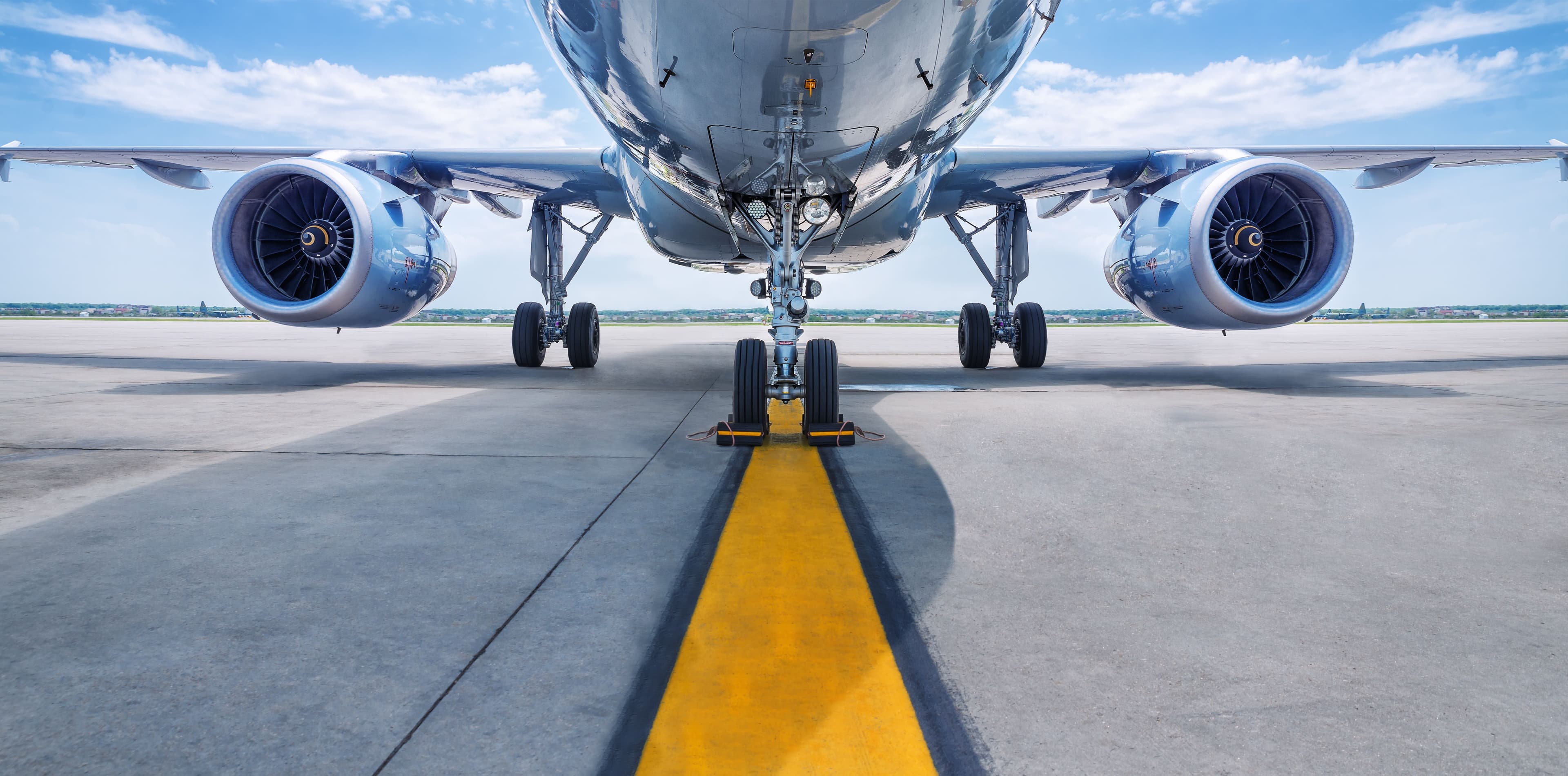
Top Aviation Careers to Watch in 2025
The aviation industry is evolving rapidly, with new technologies, sustainability efforts, and global travel demands shaping the job market. If you're considering a career in aviation or looking to make a change, here are the top aviation professions poised for growth in 2025.